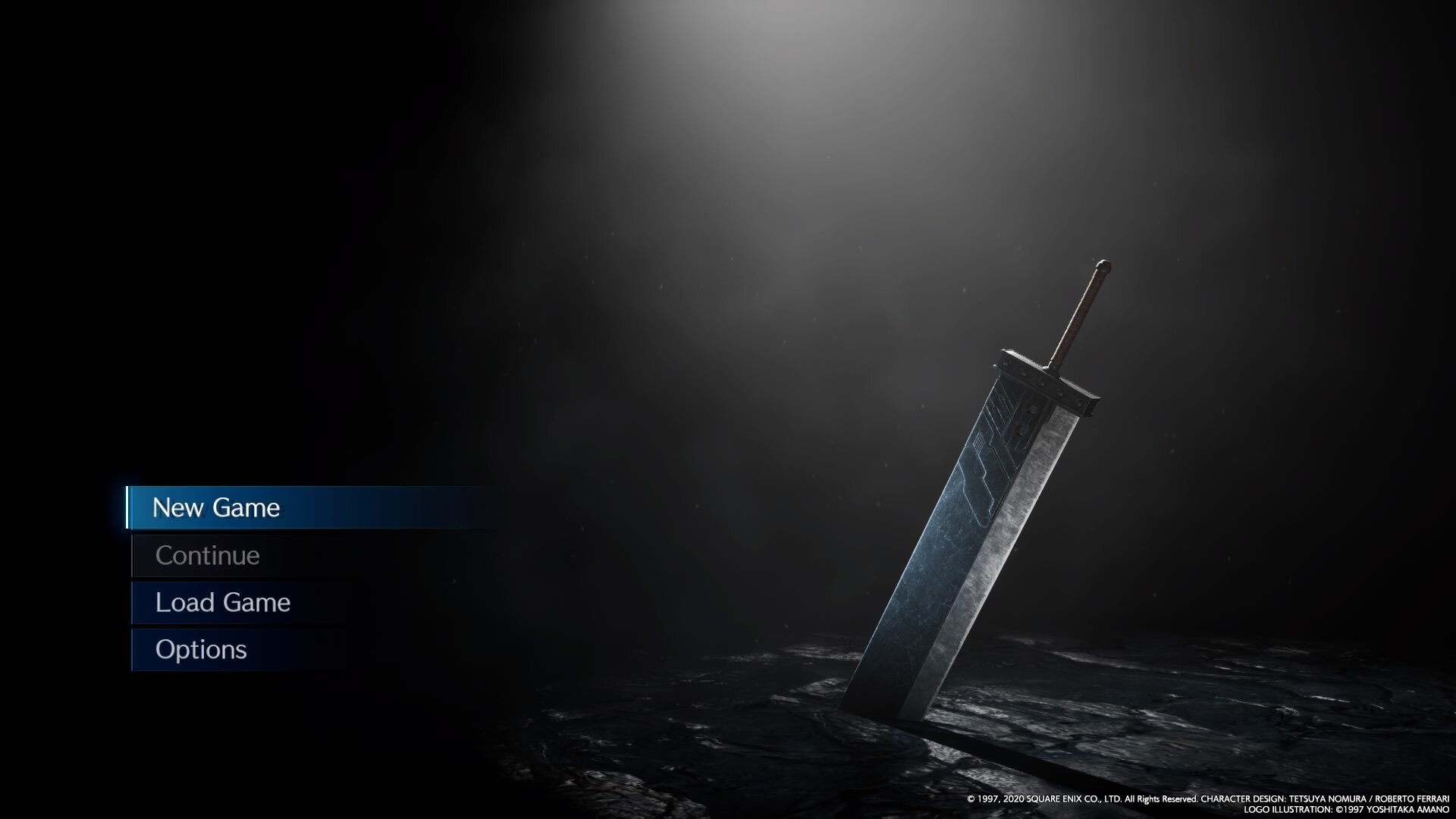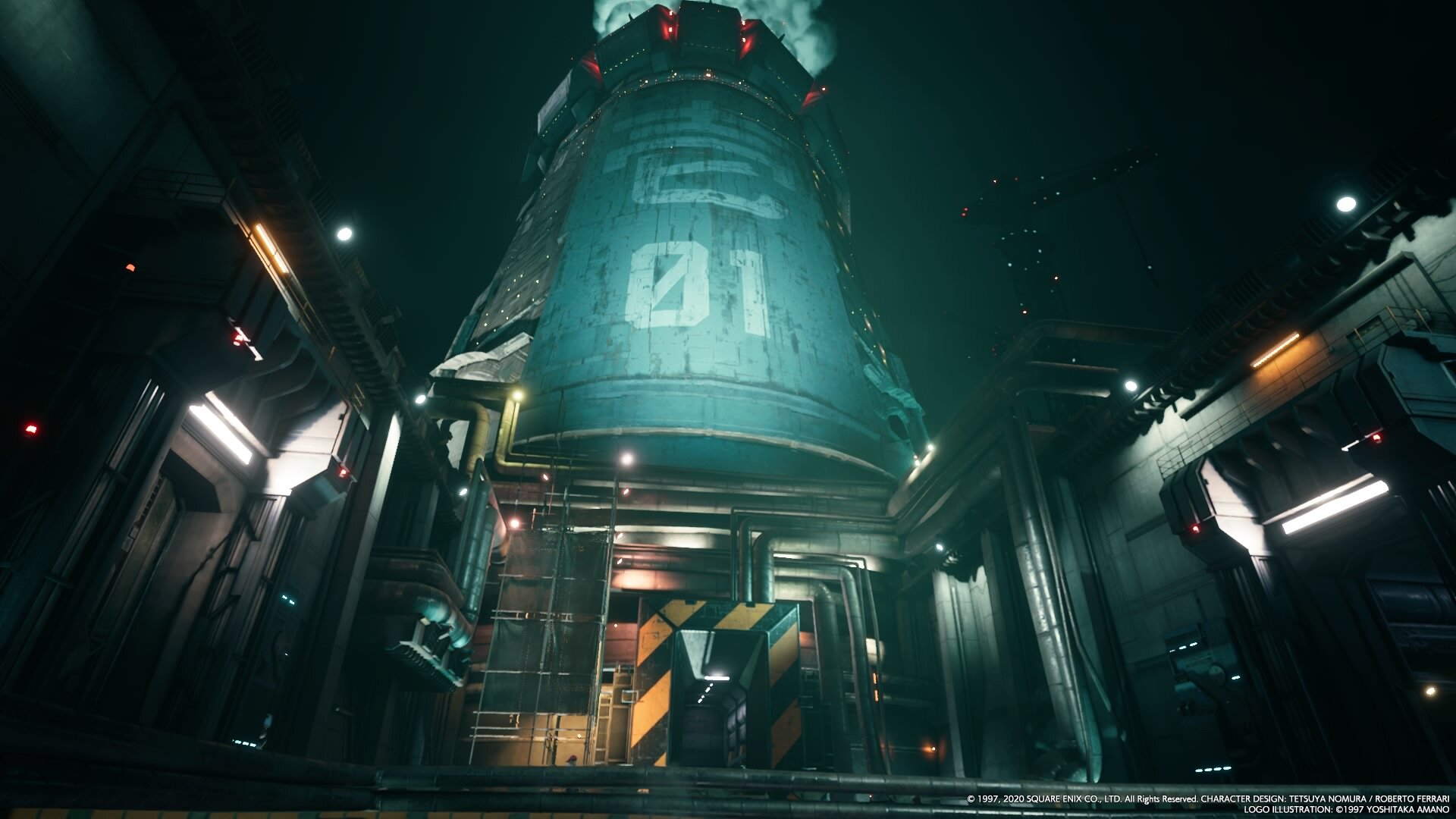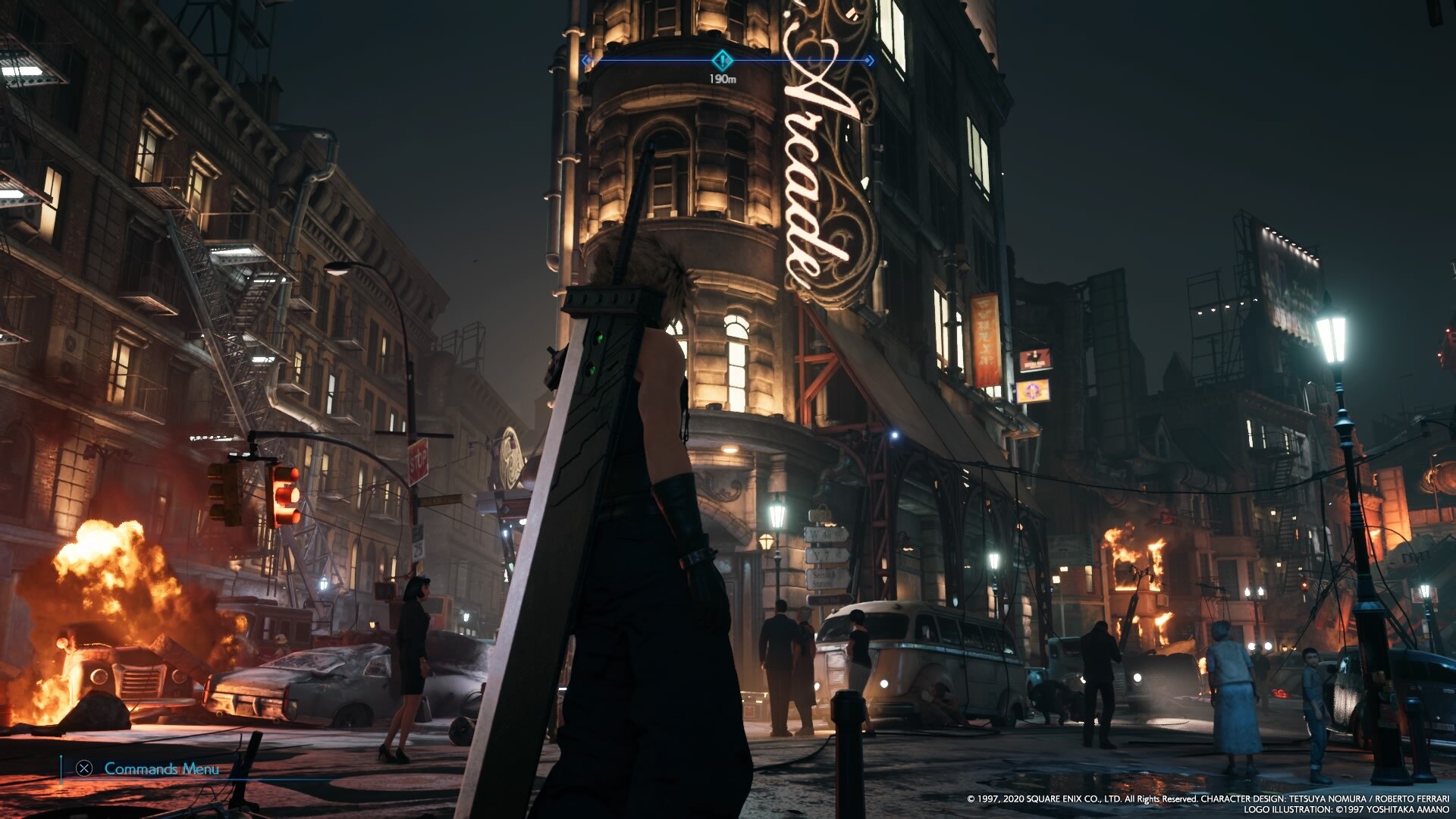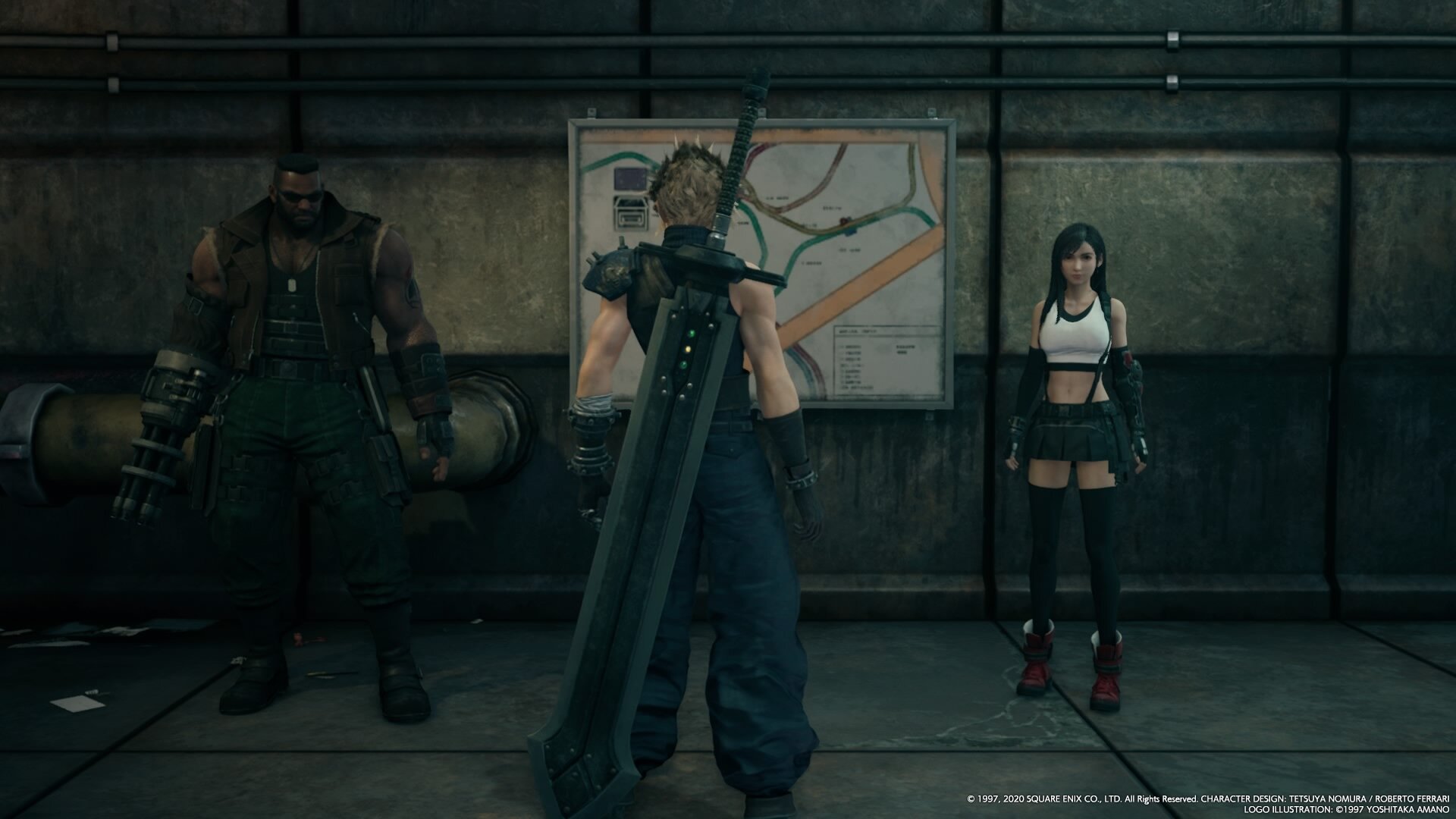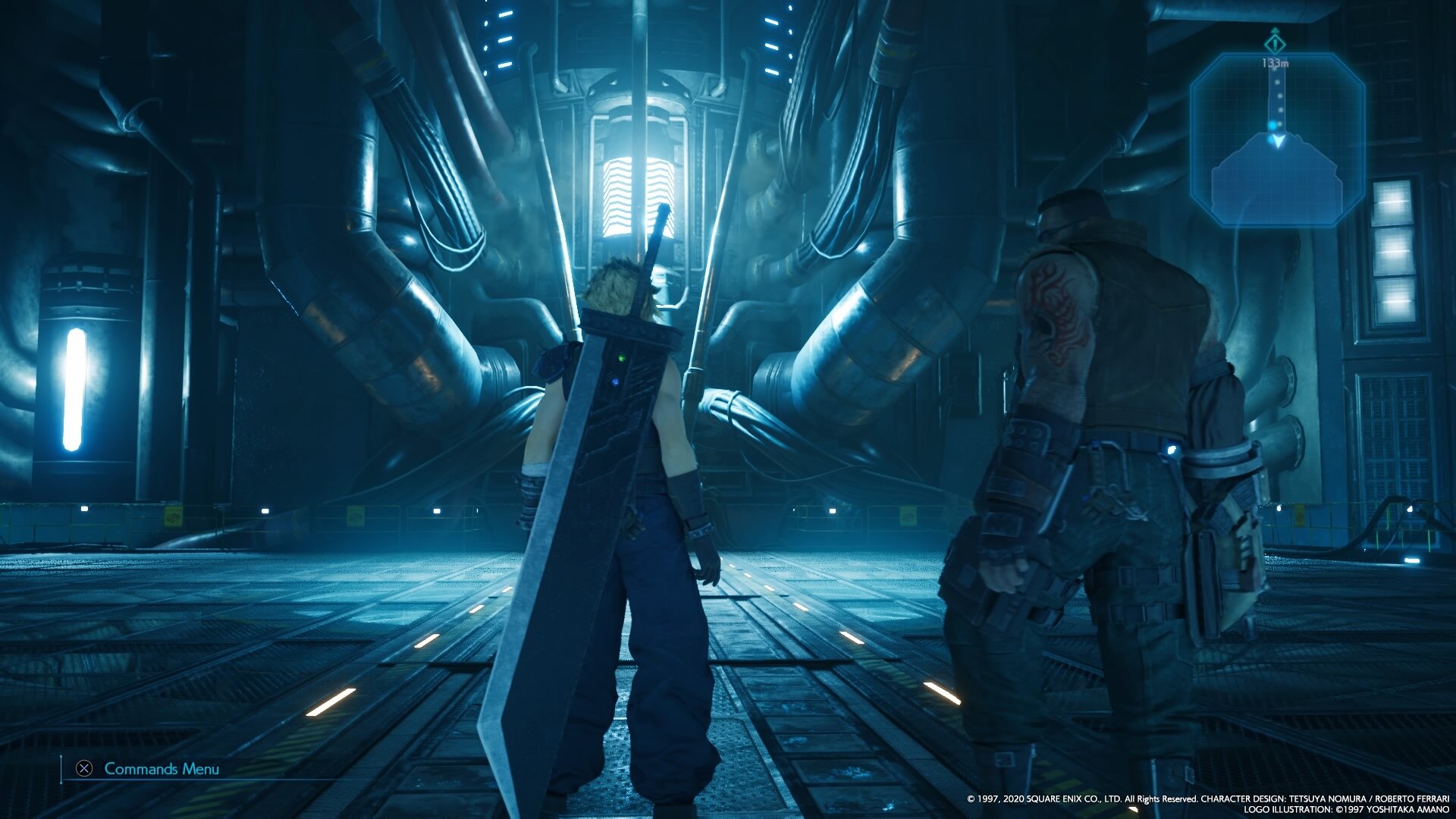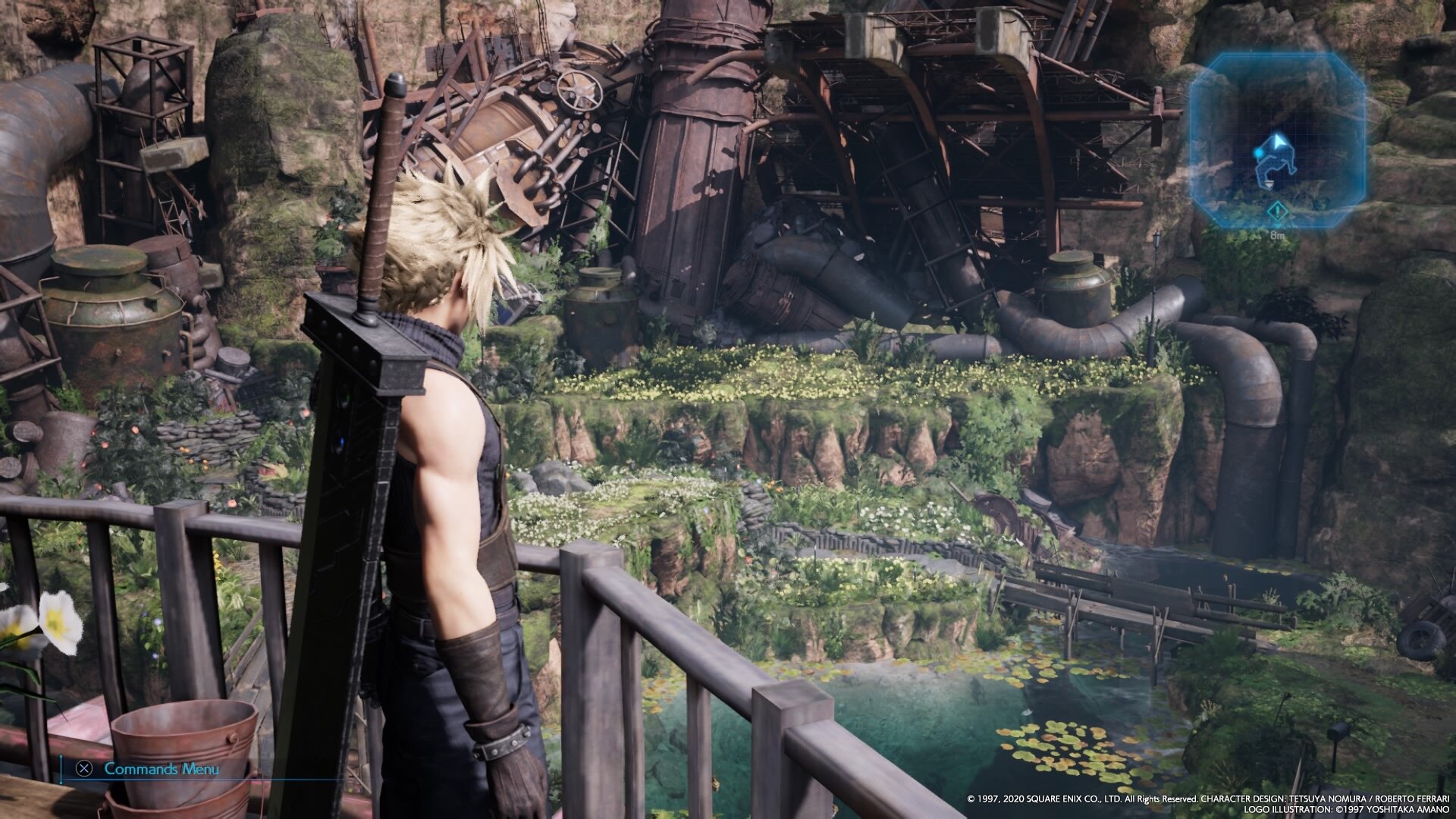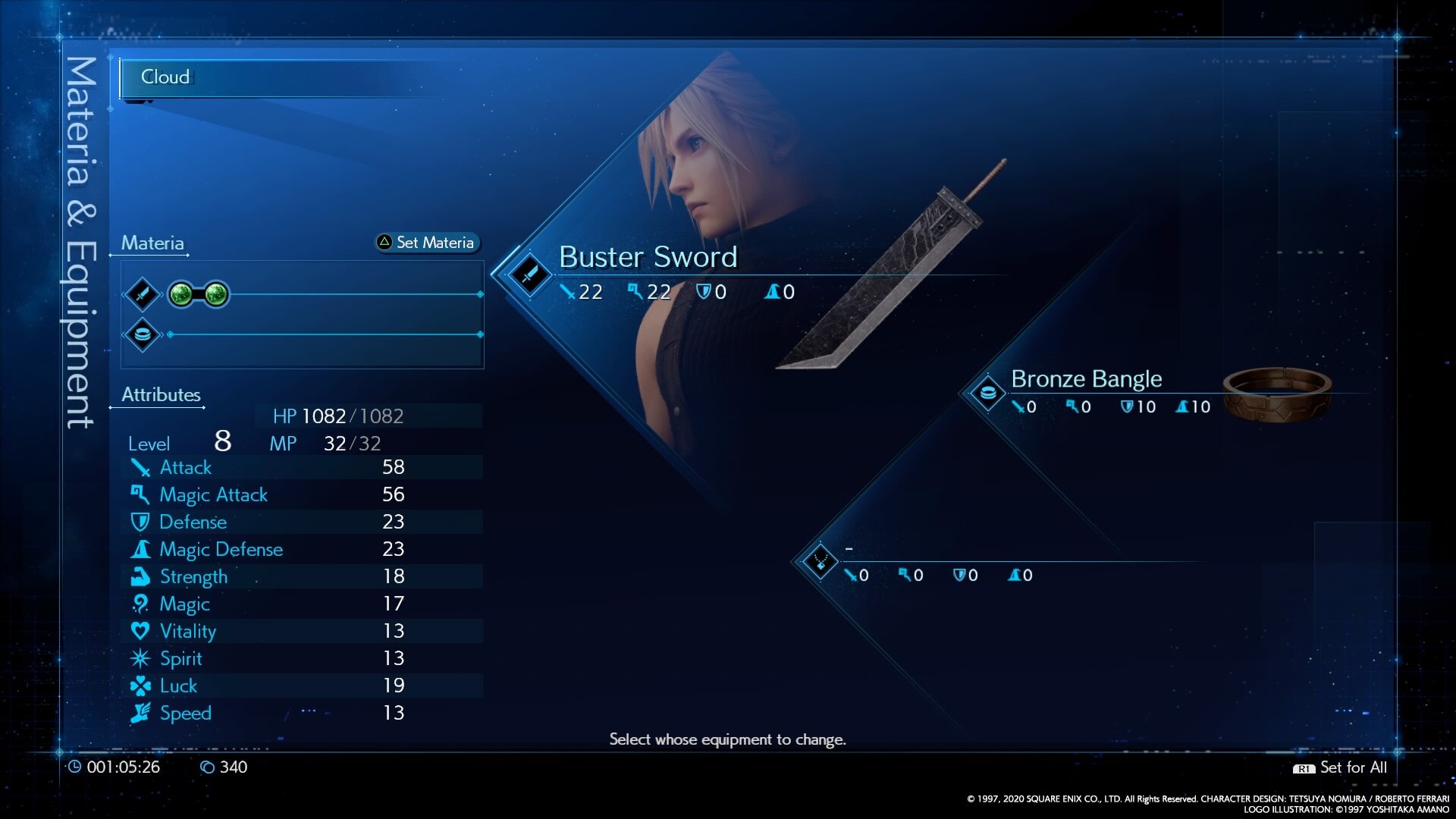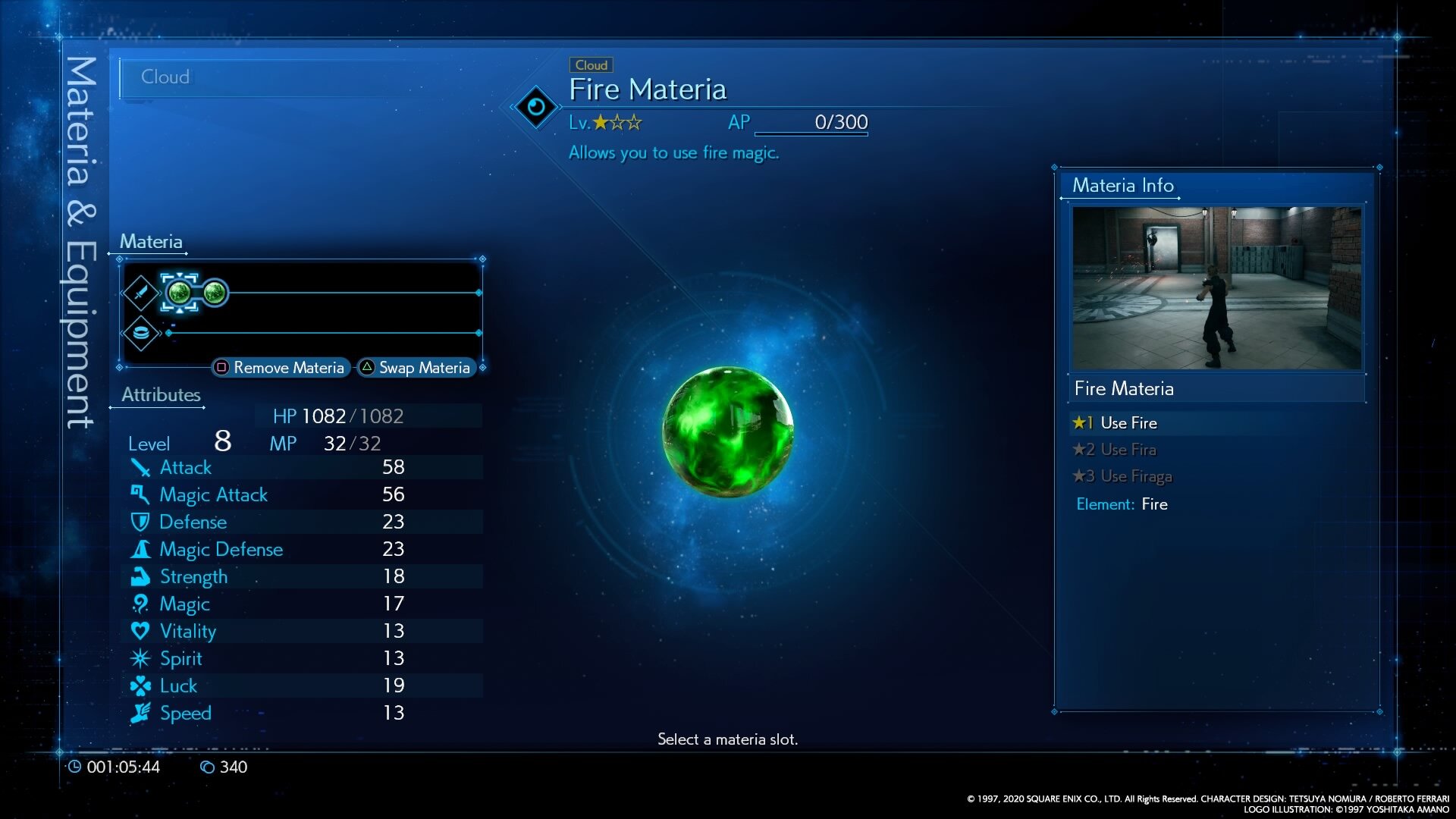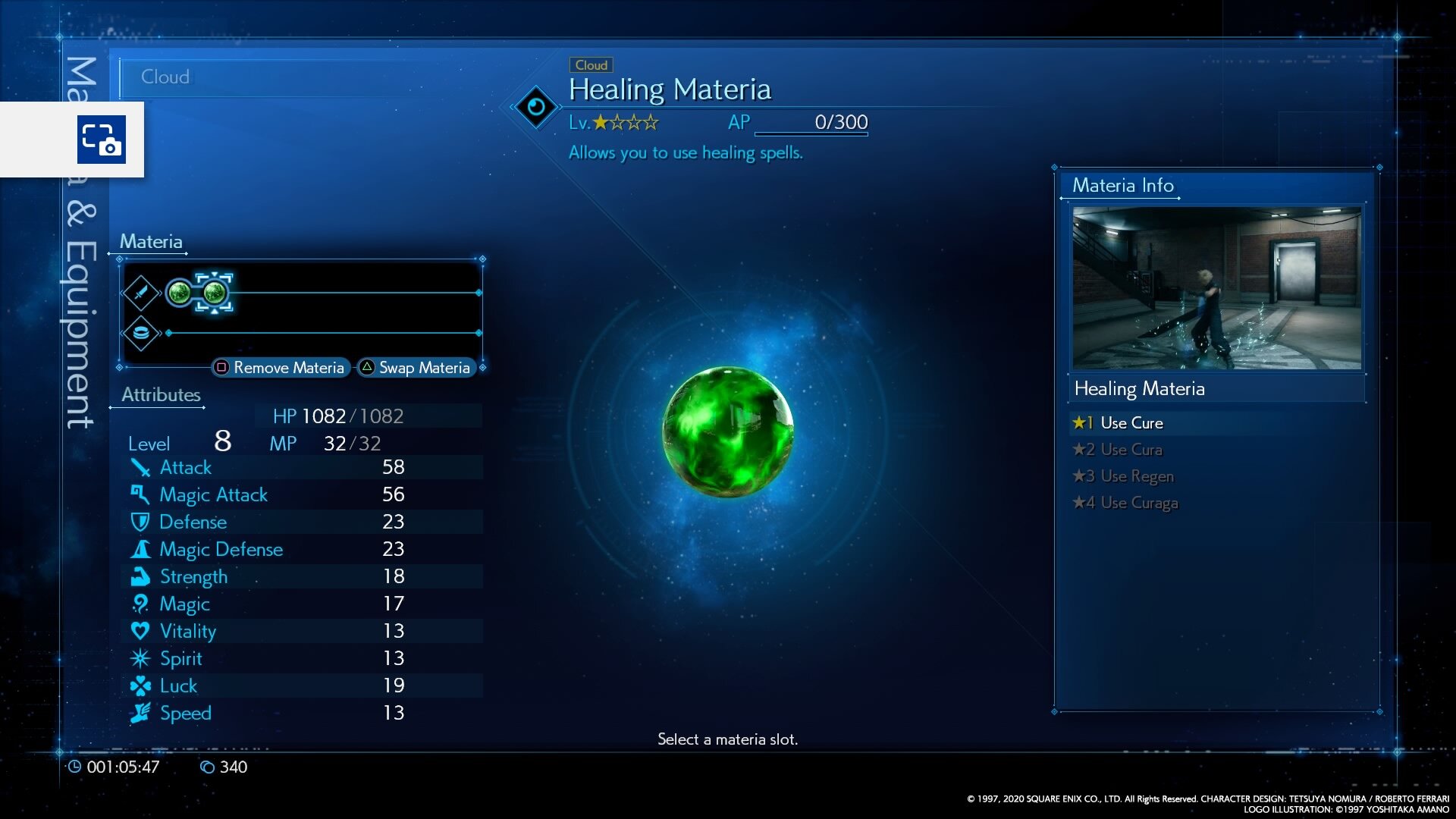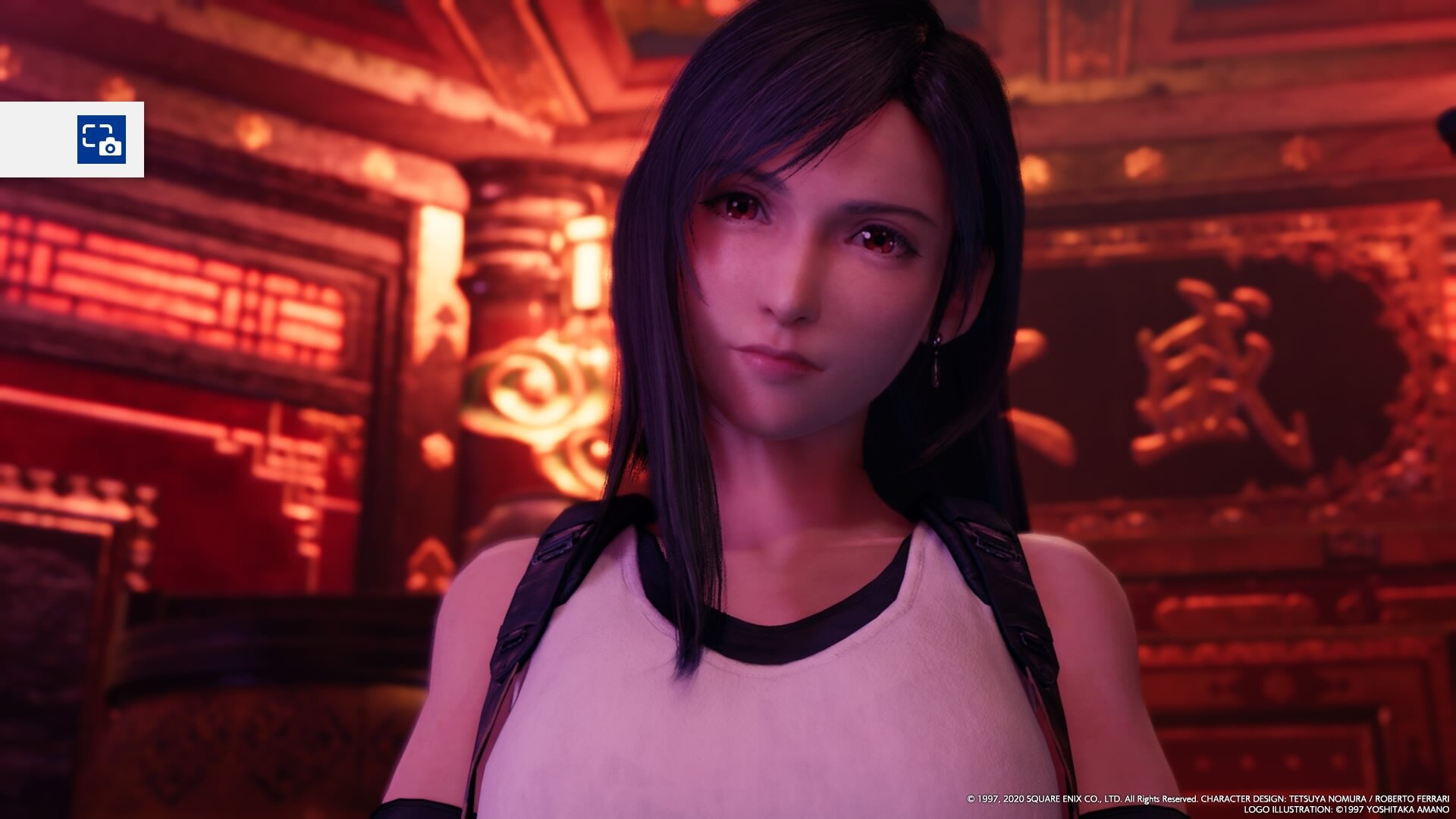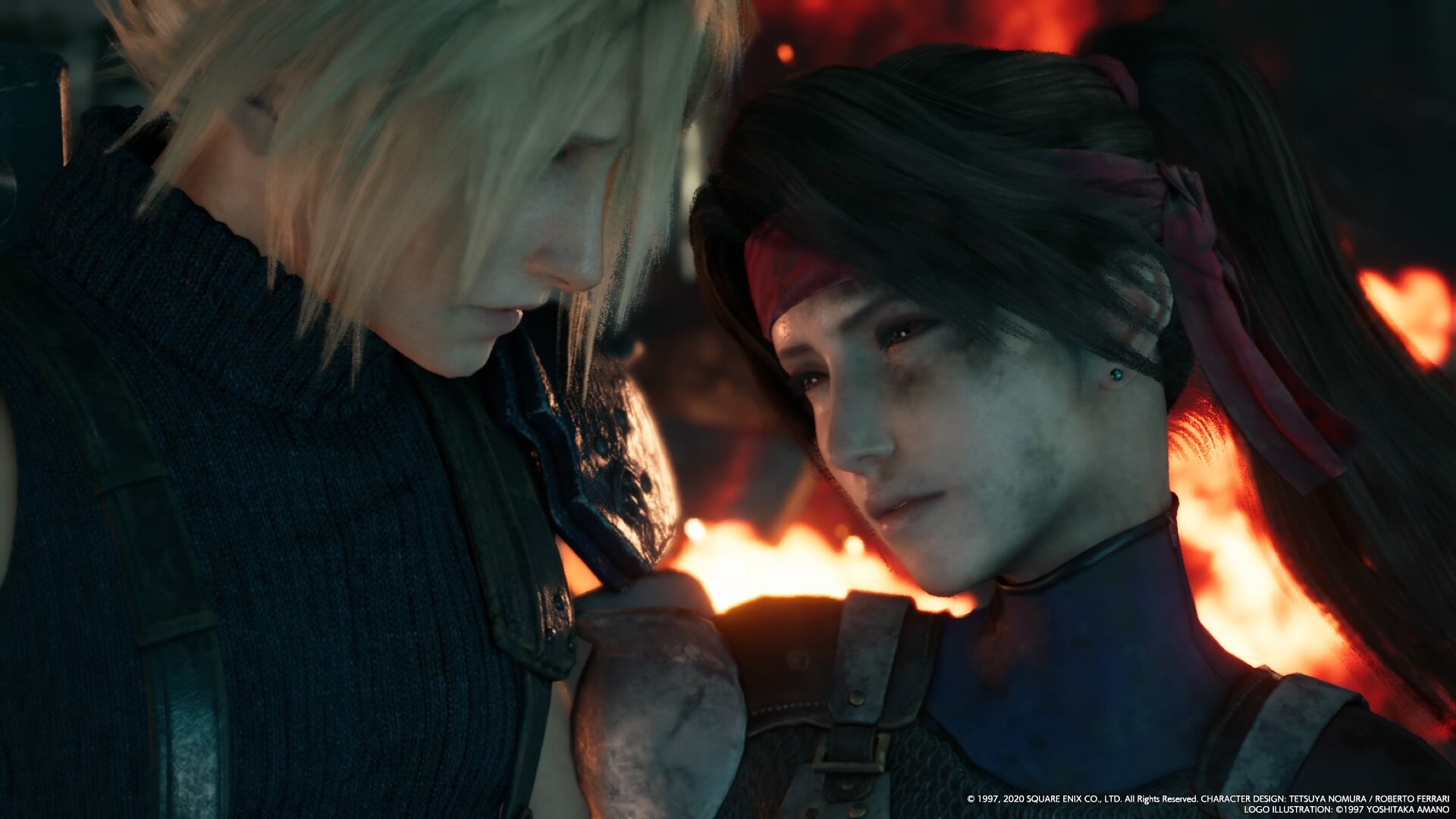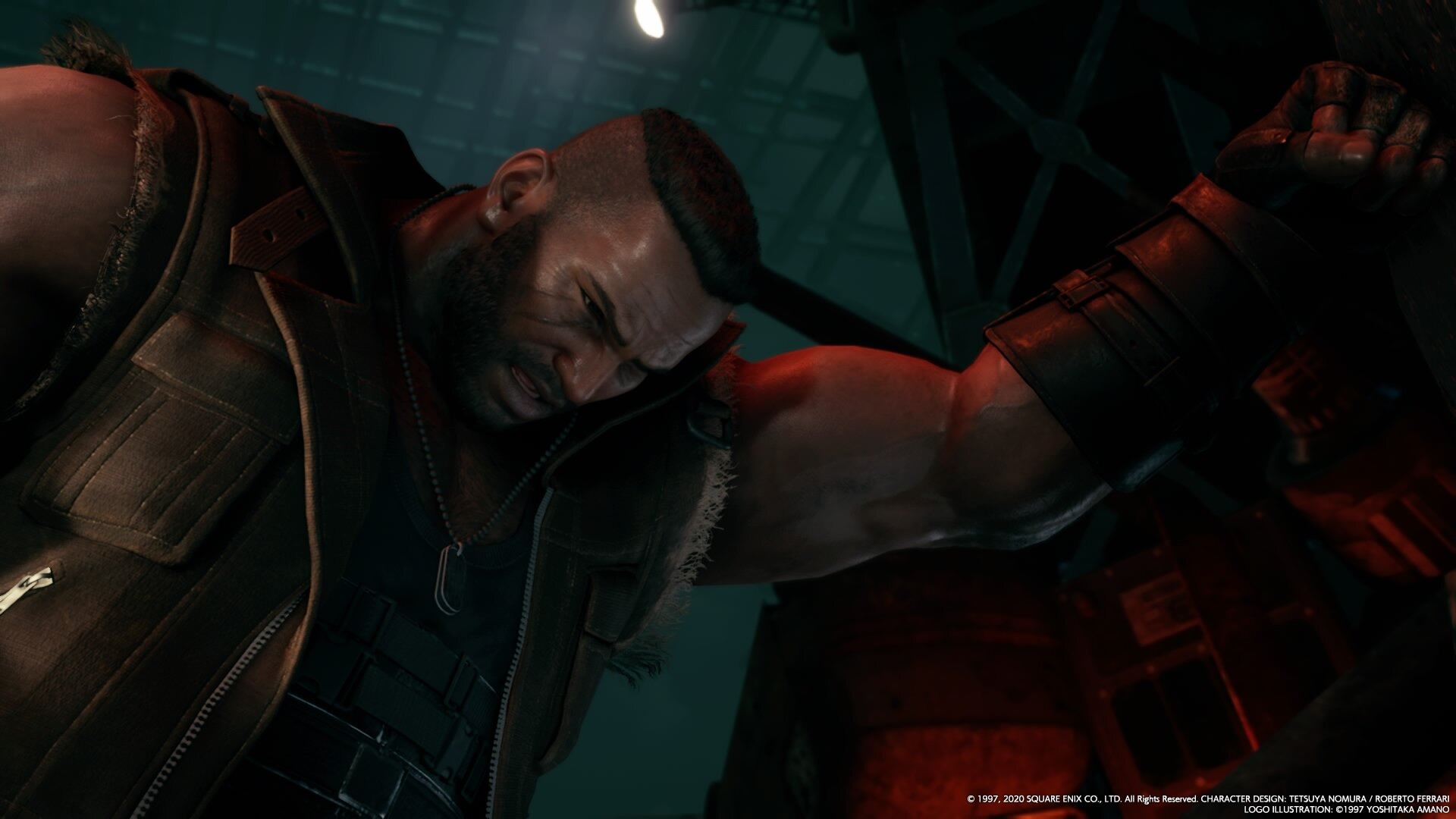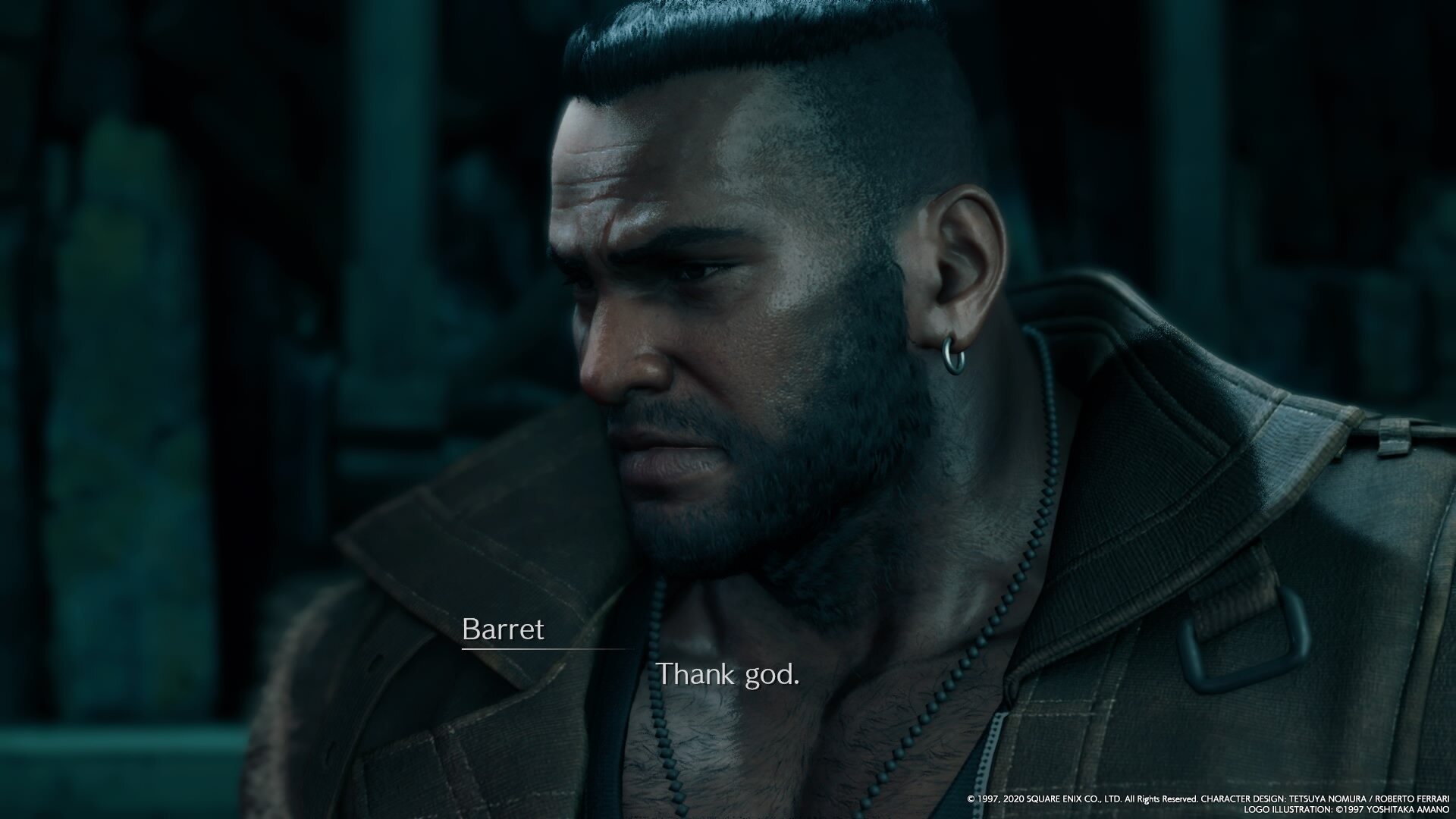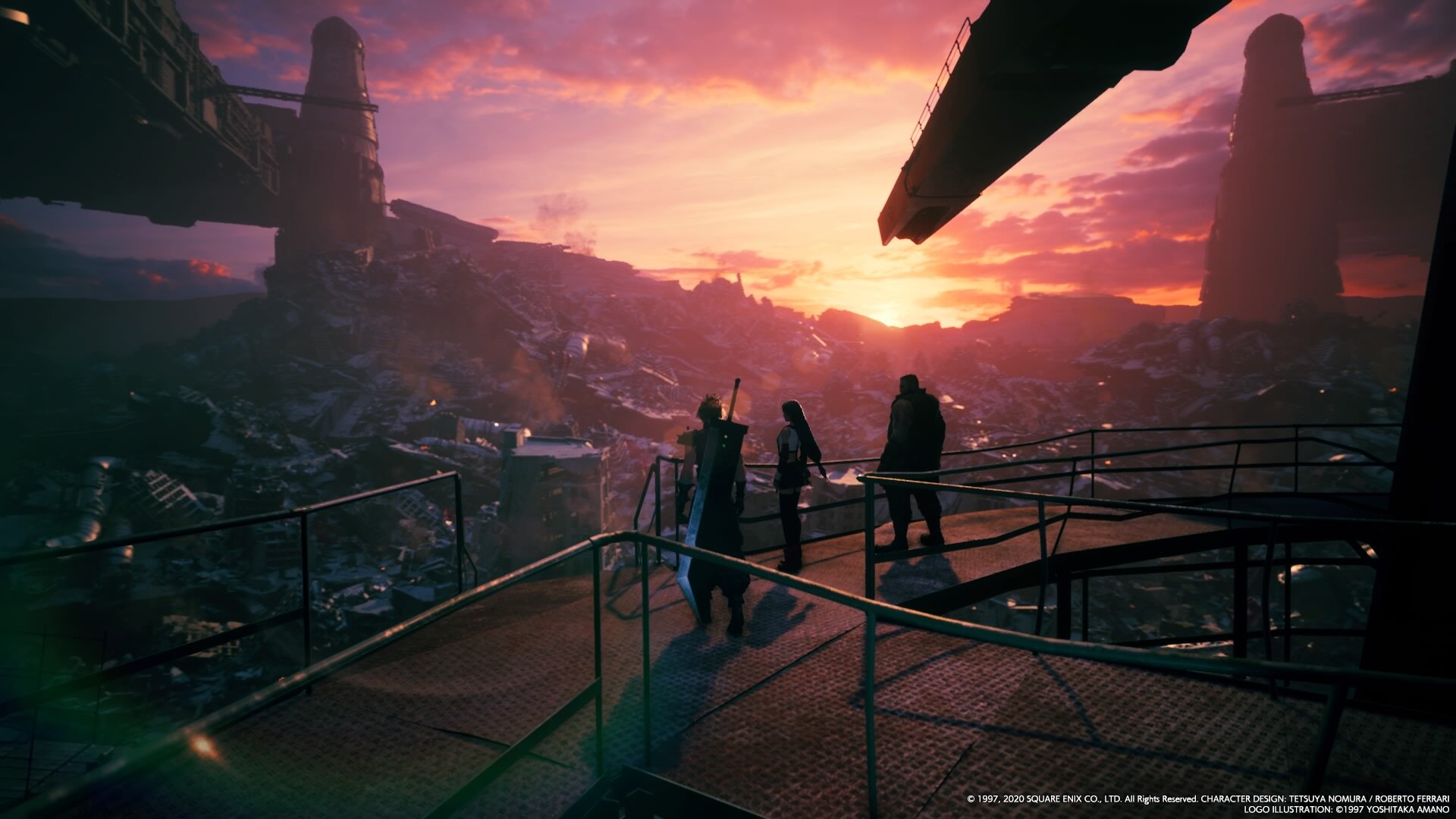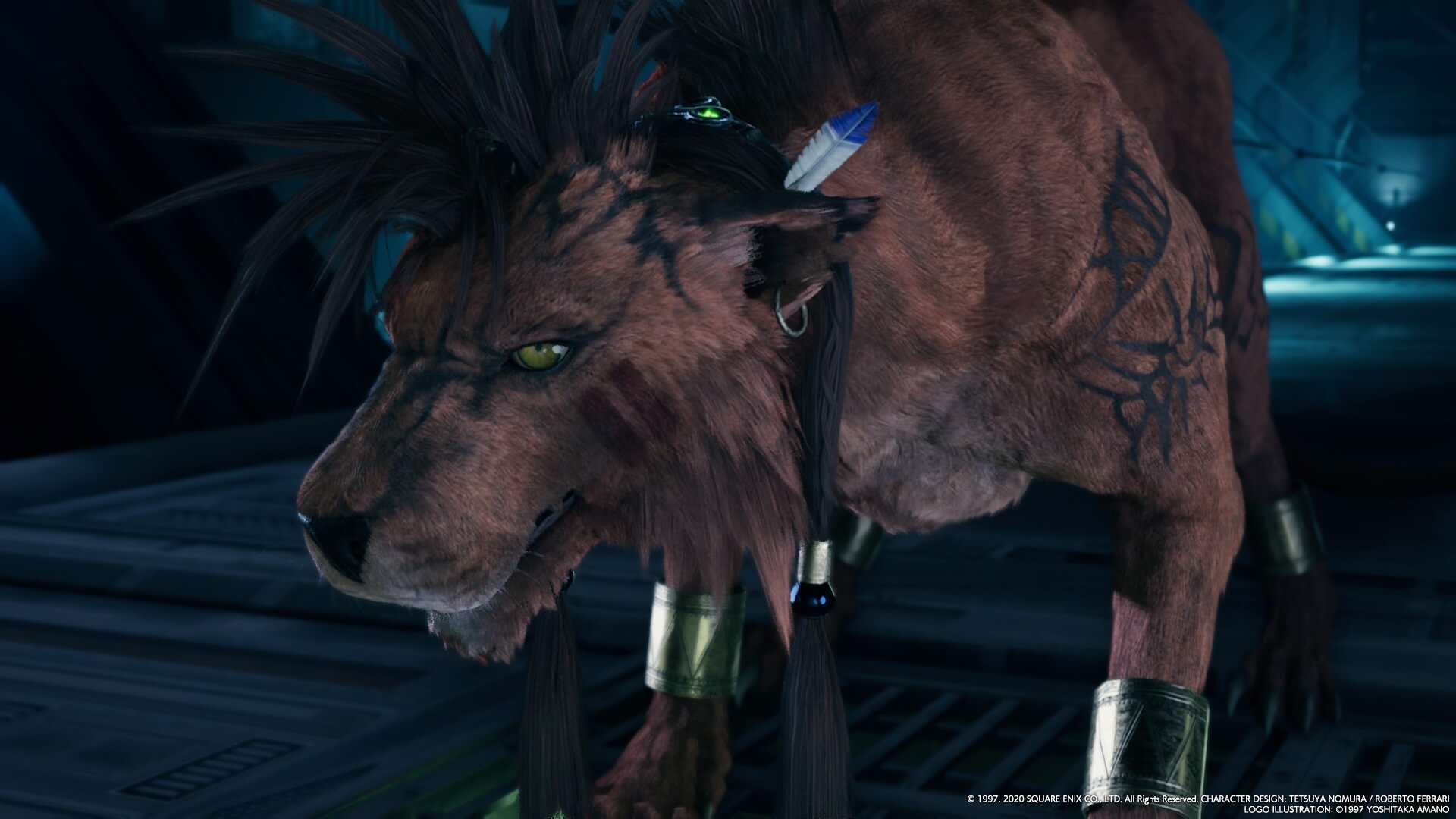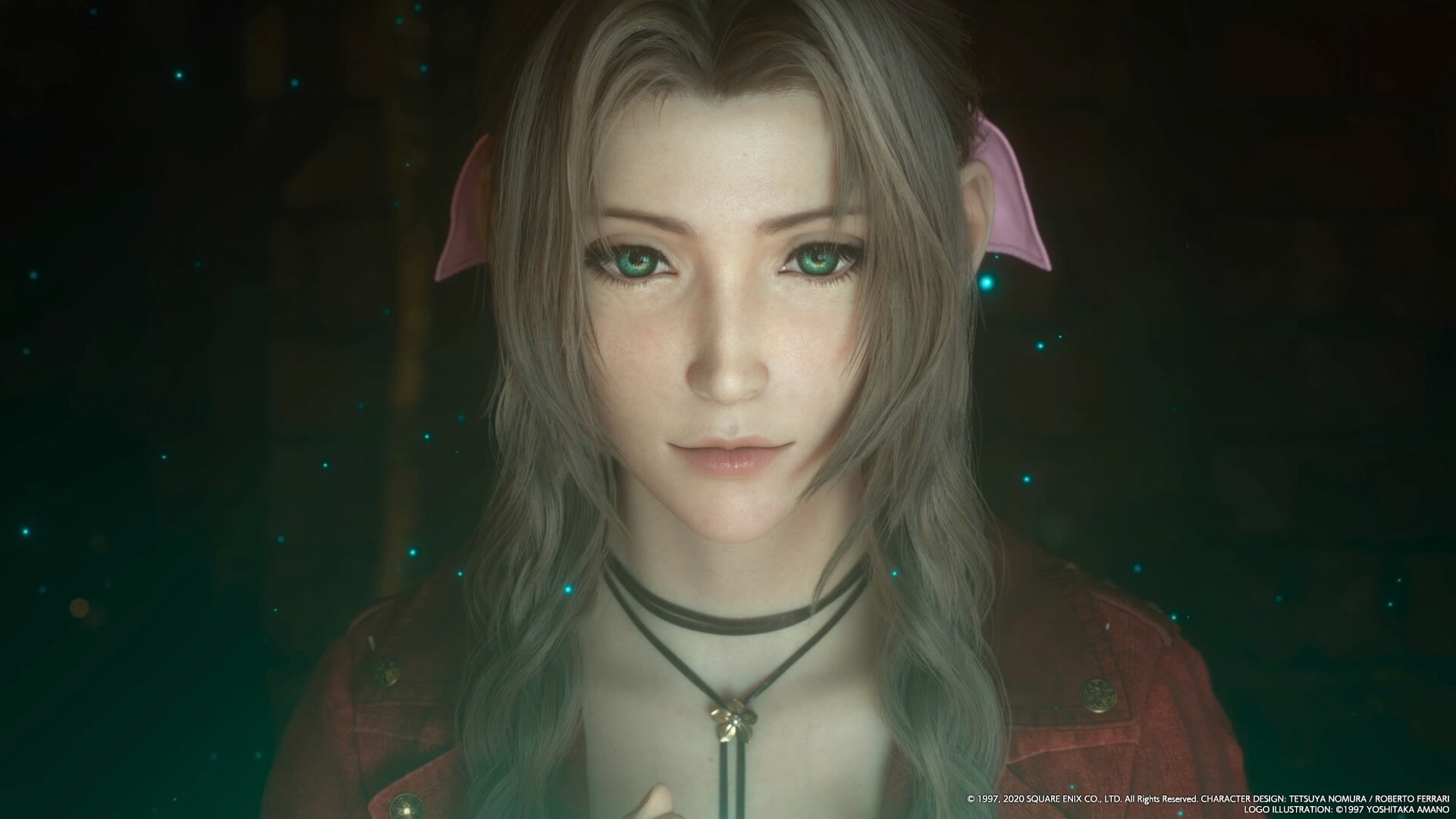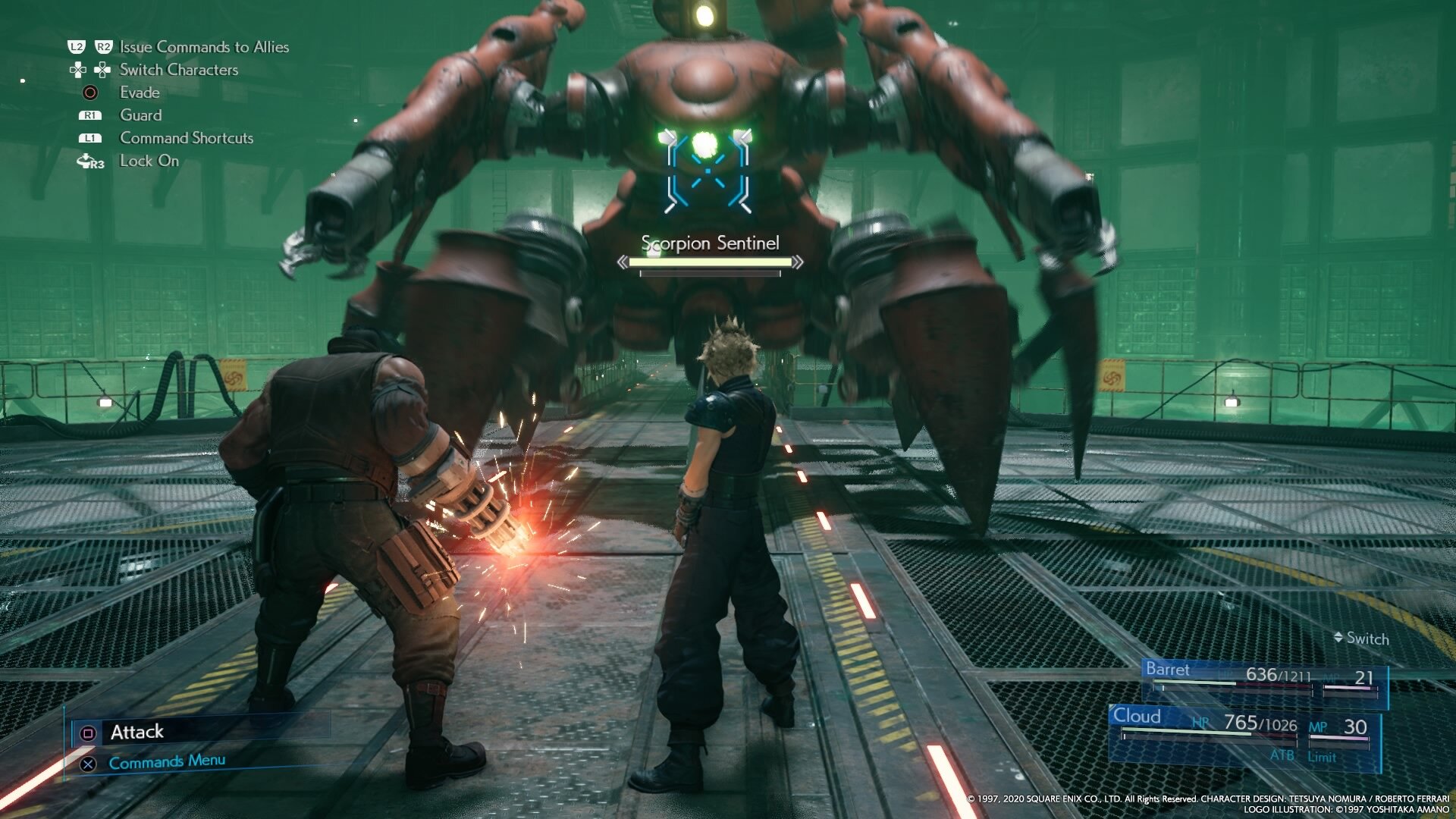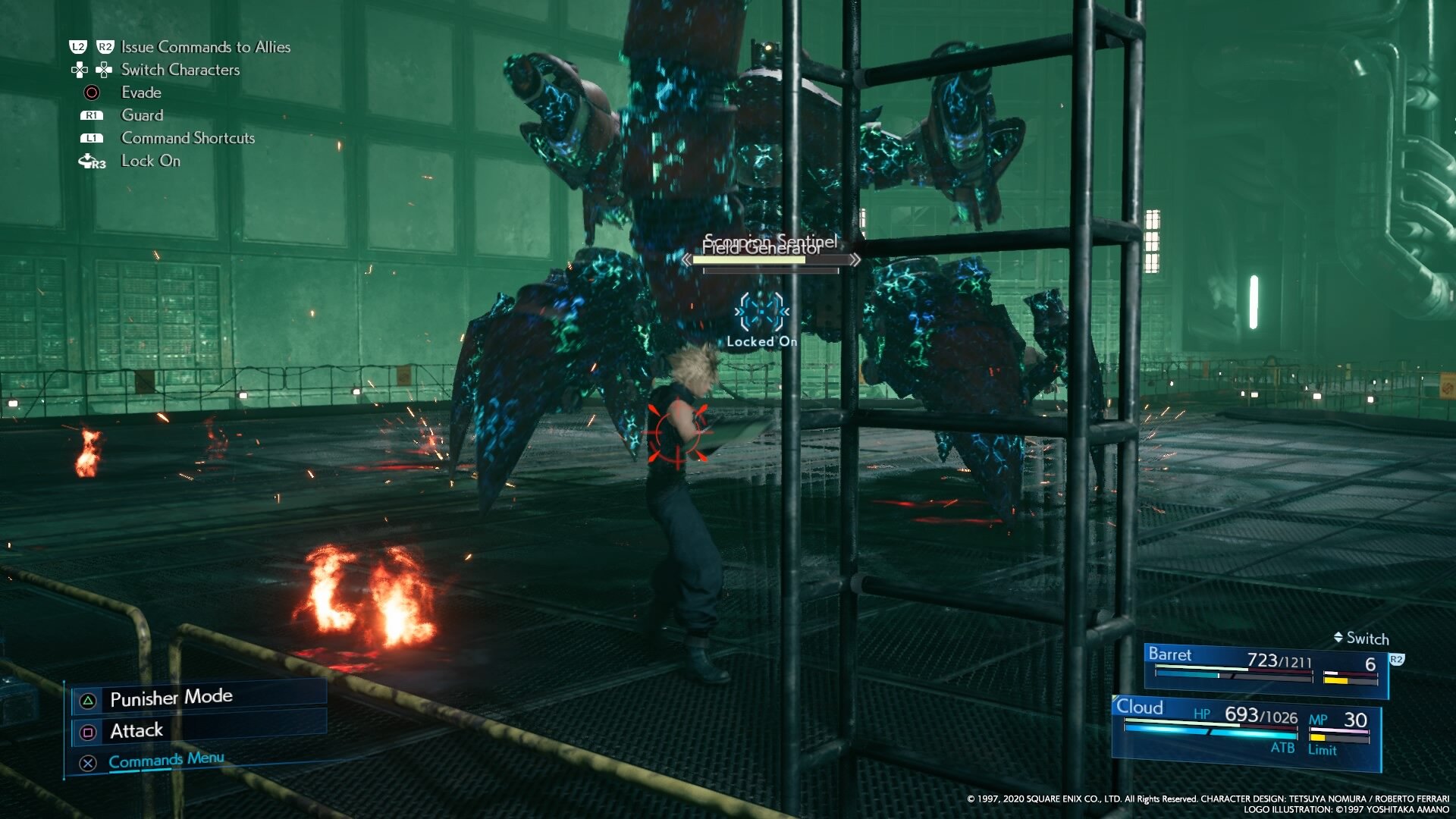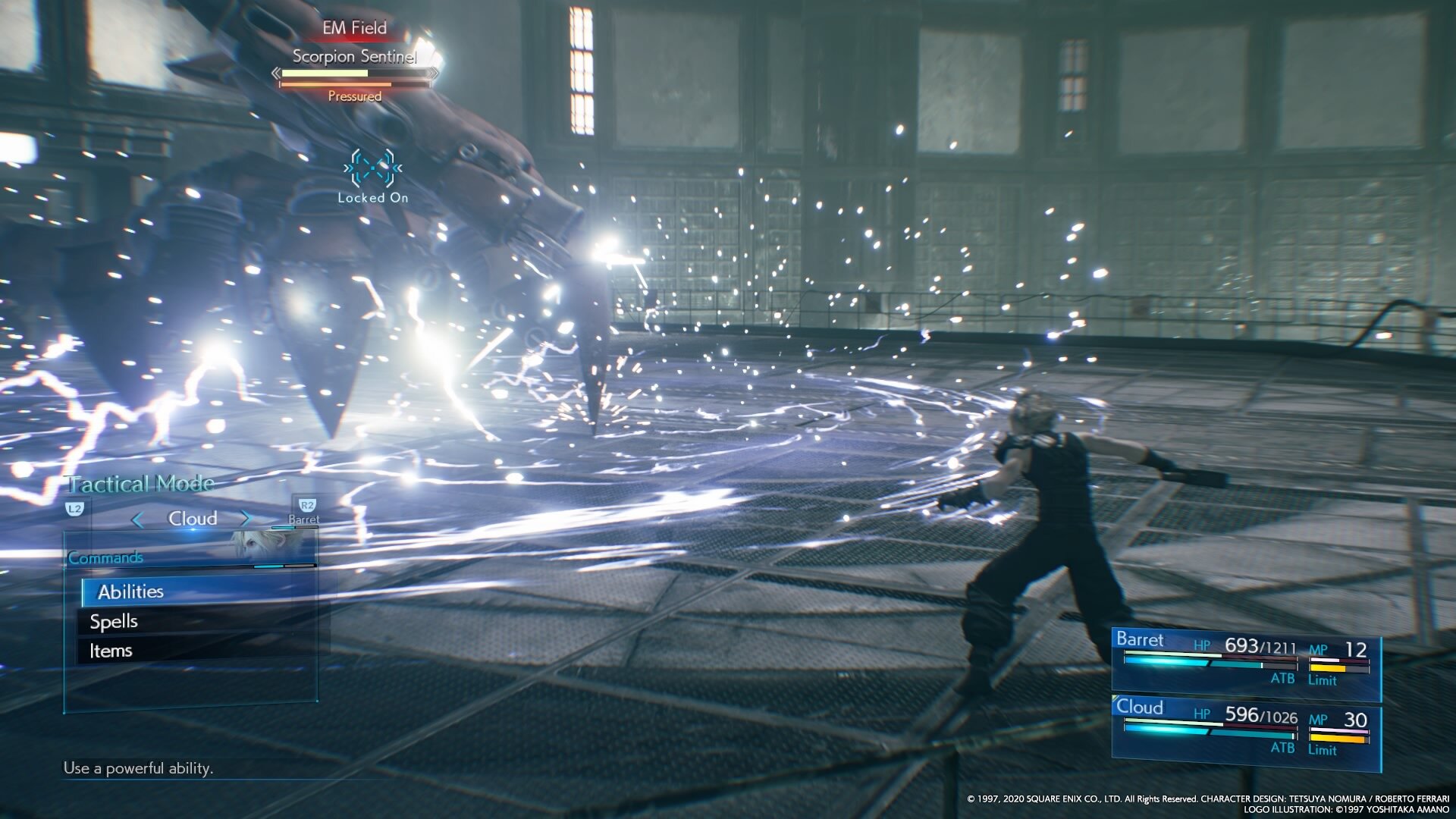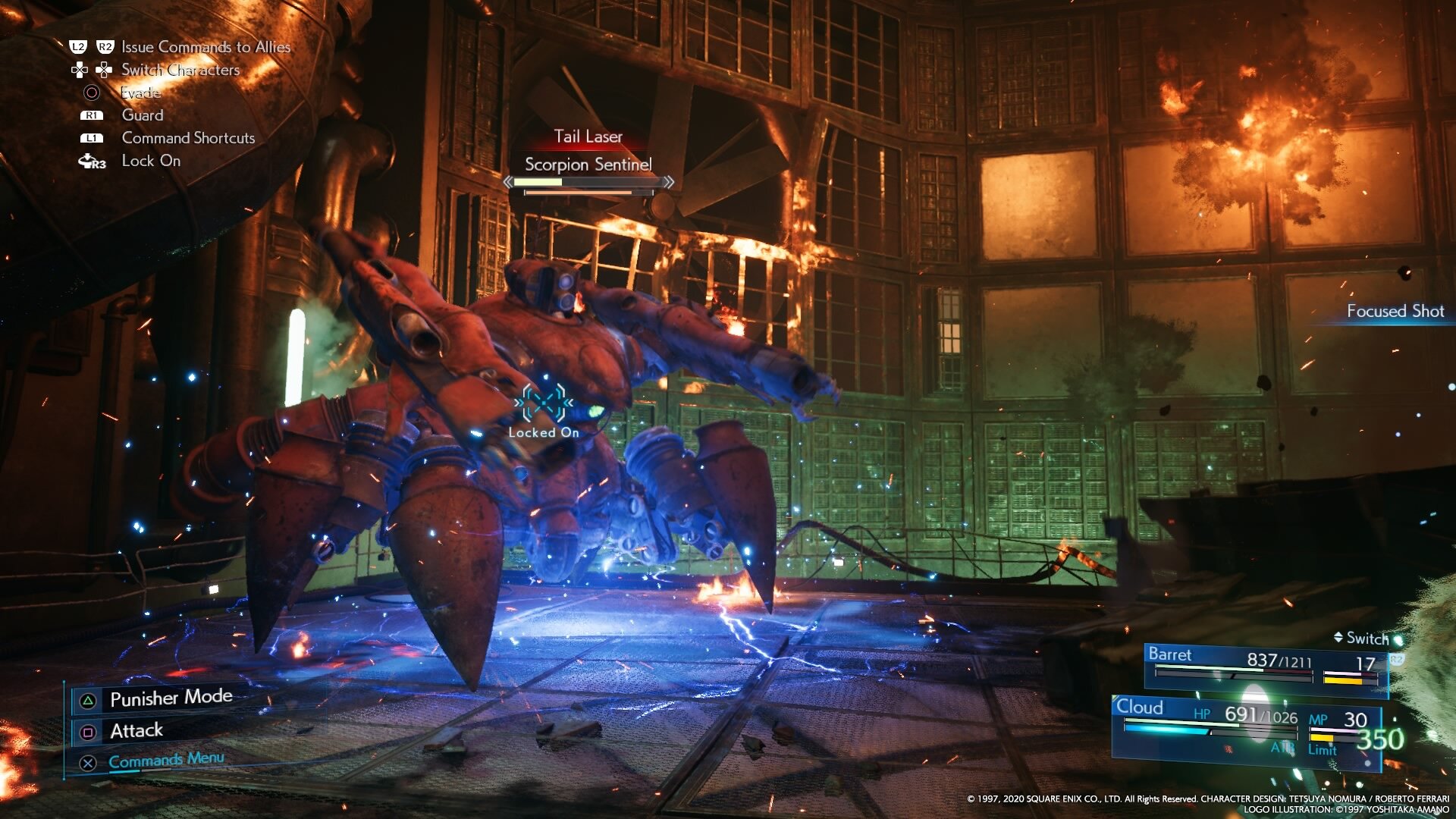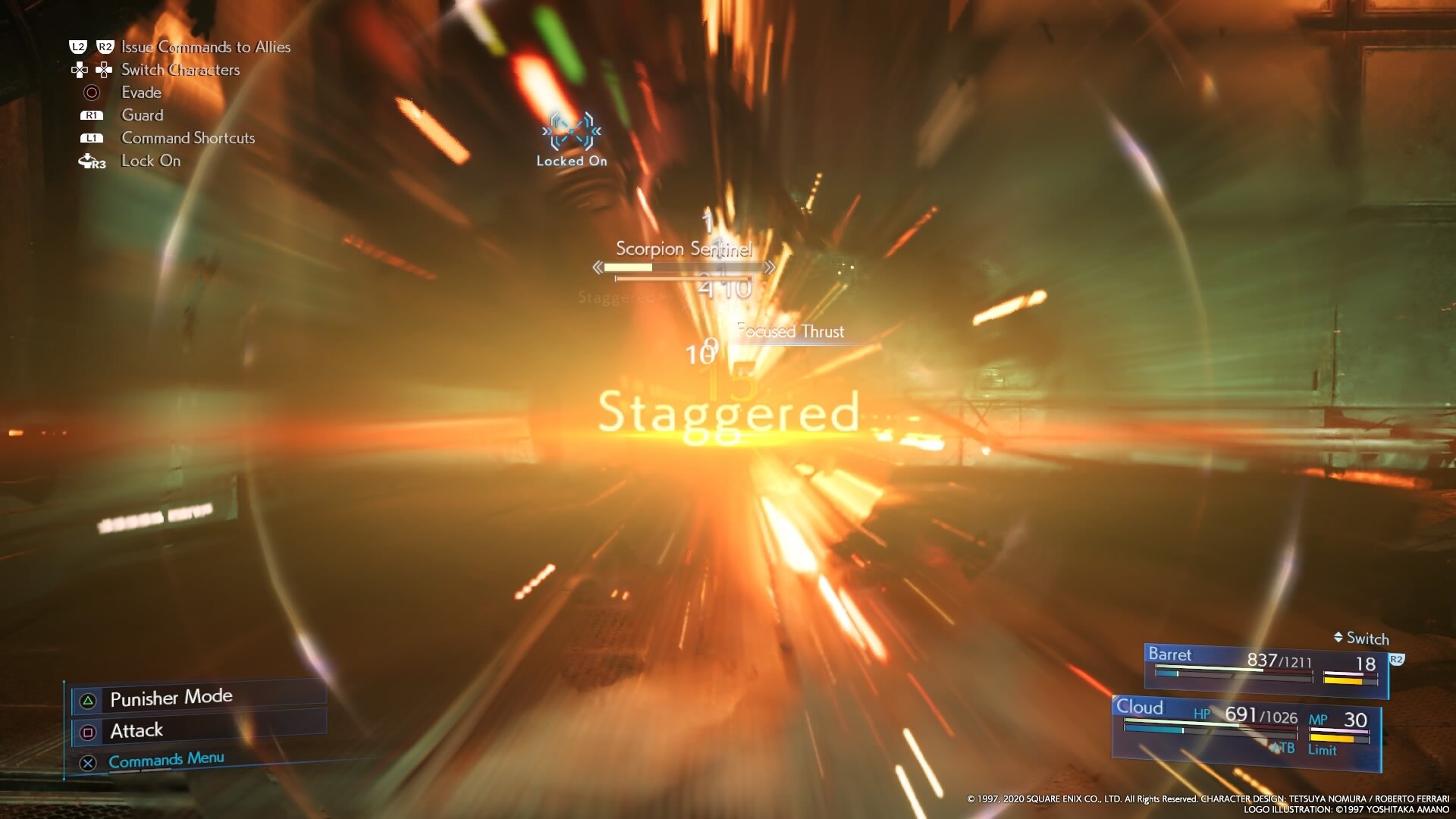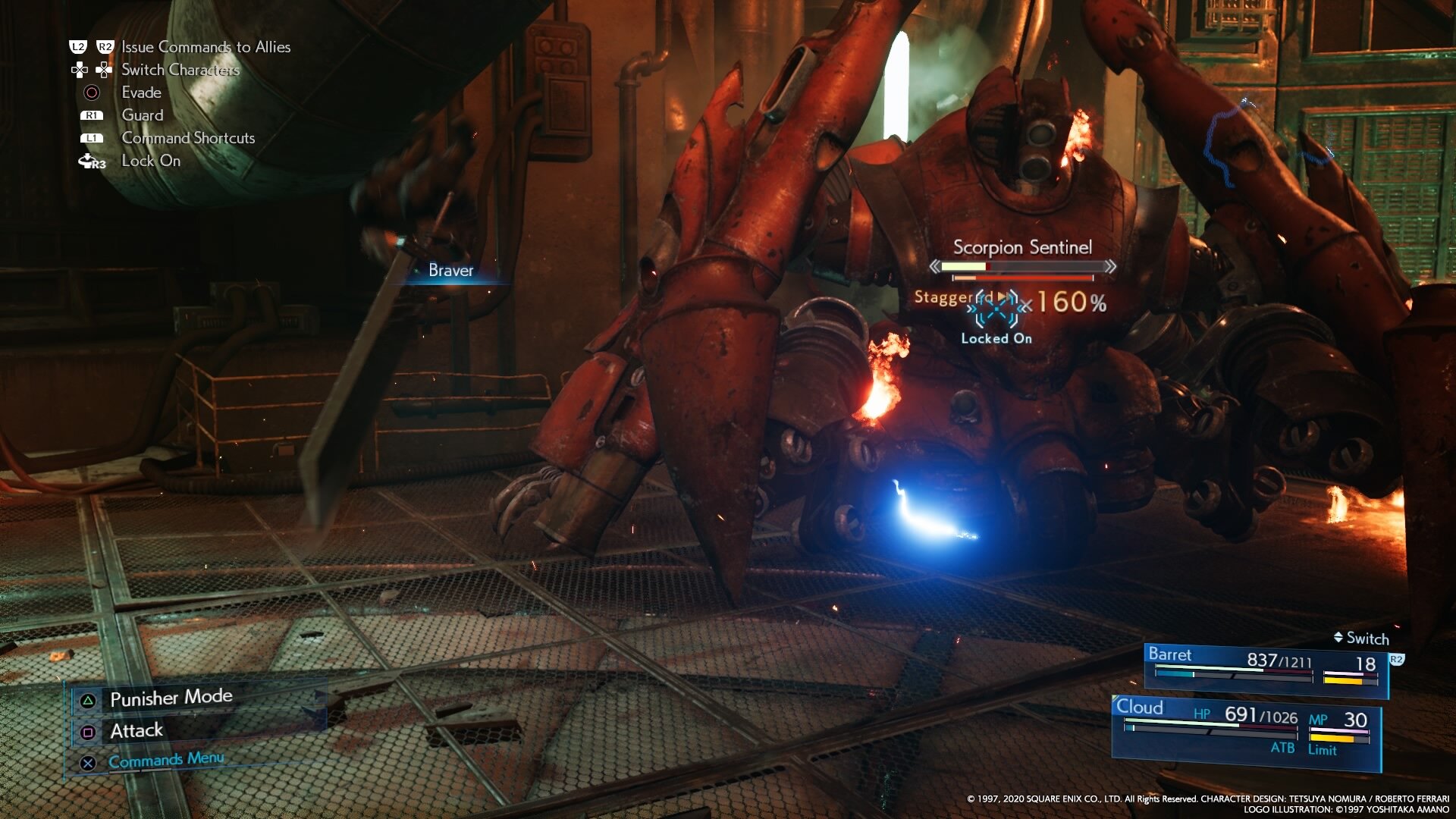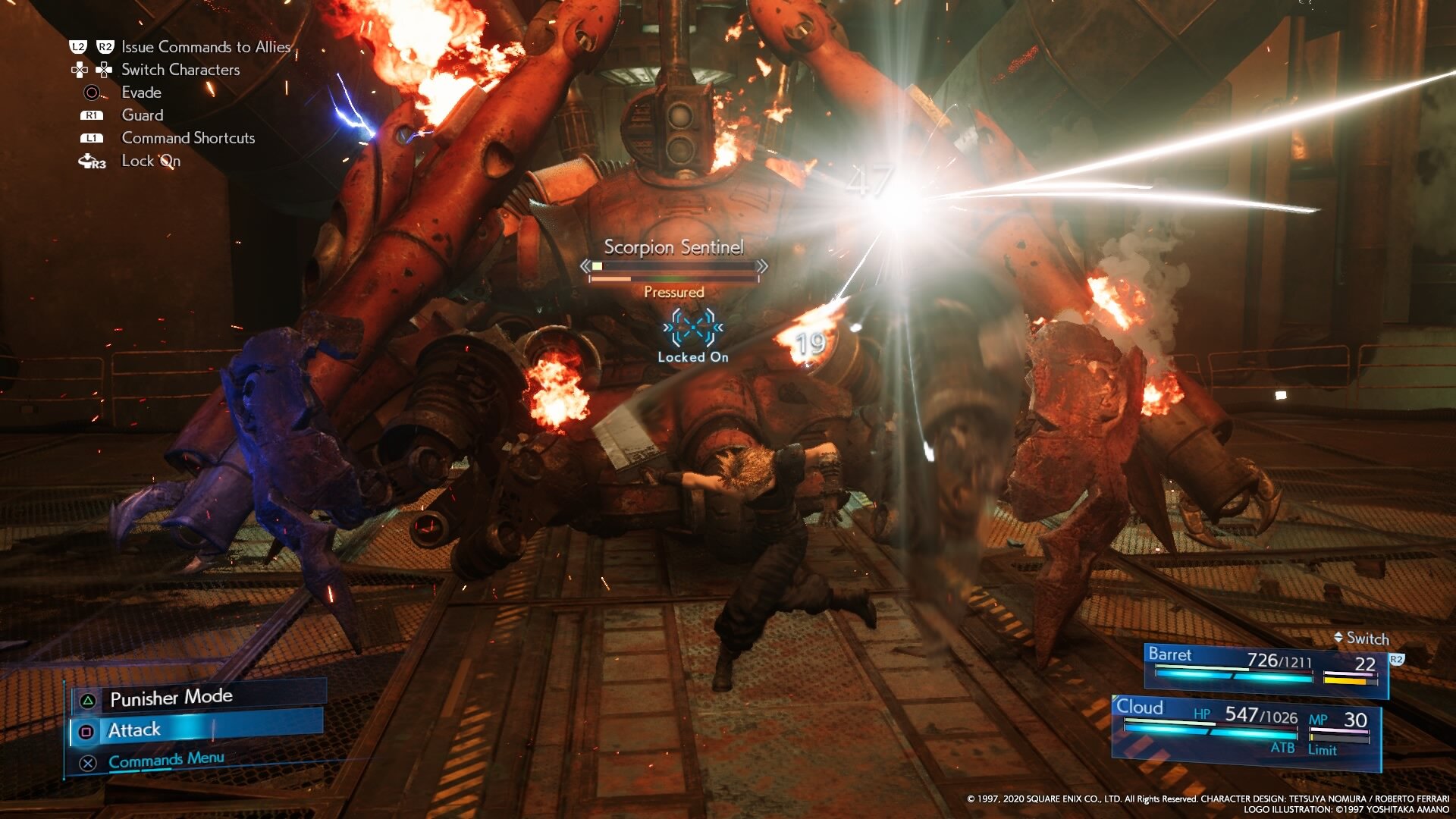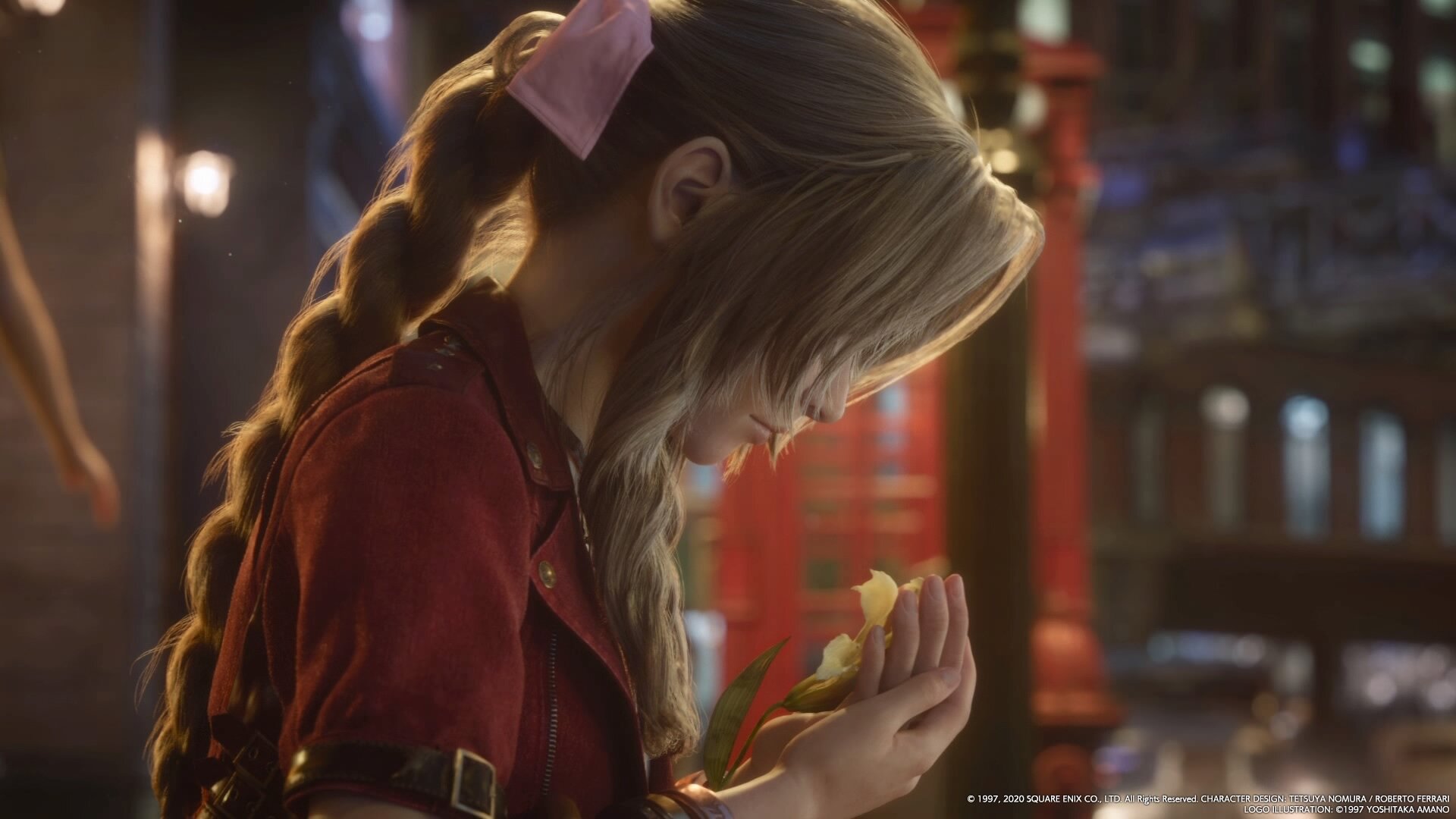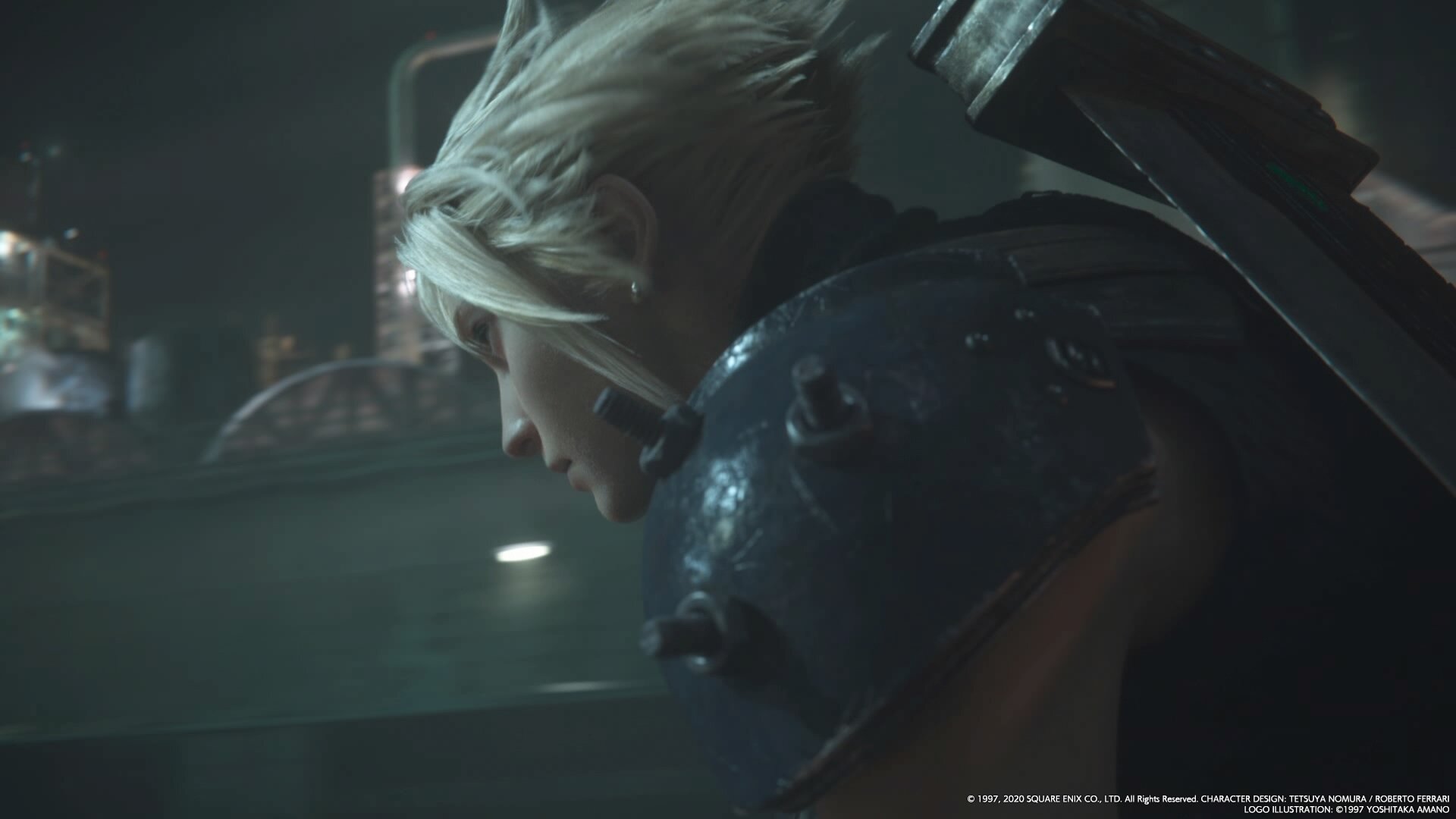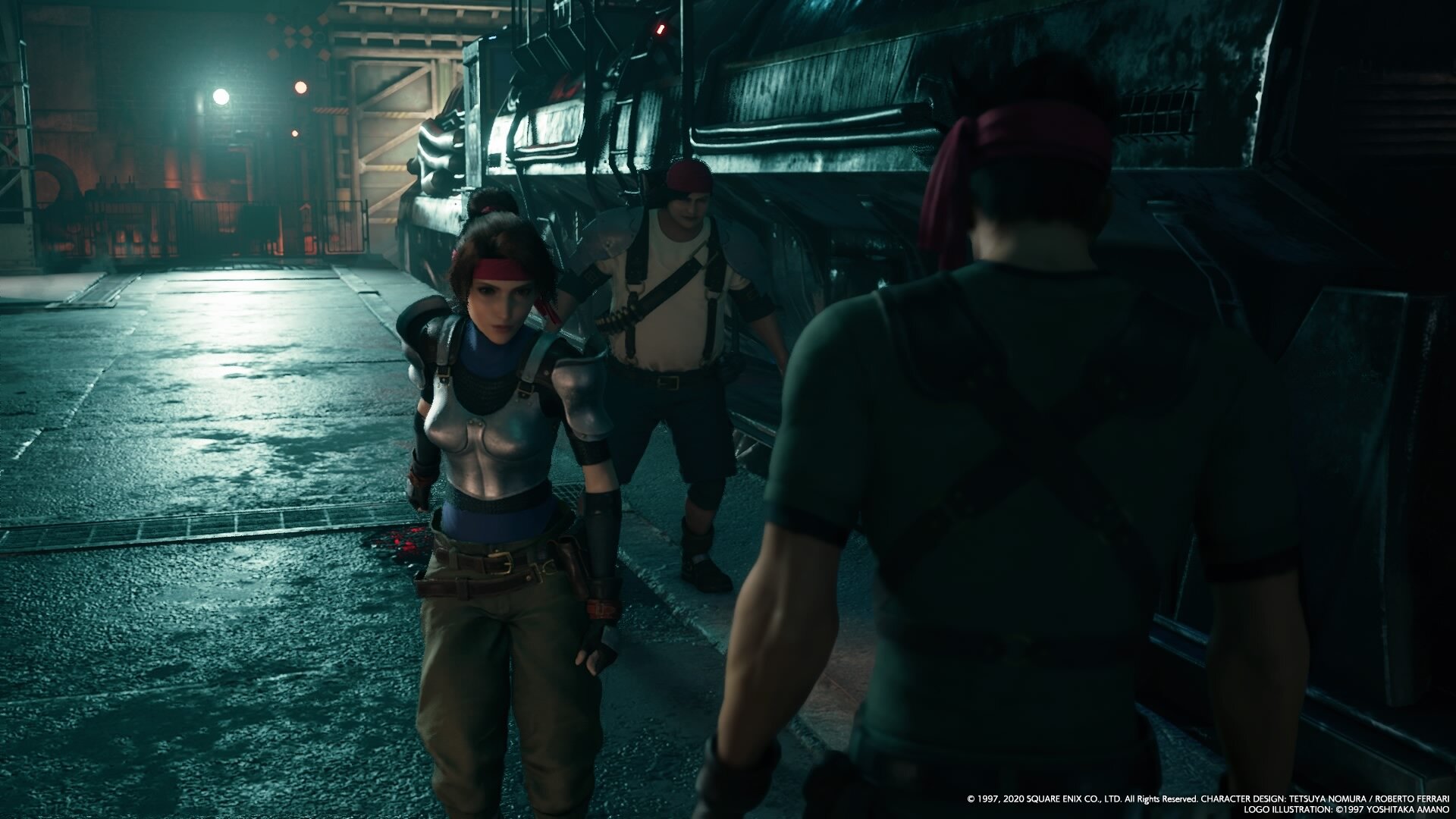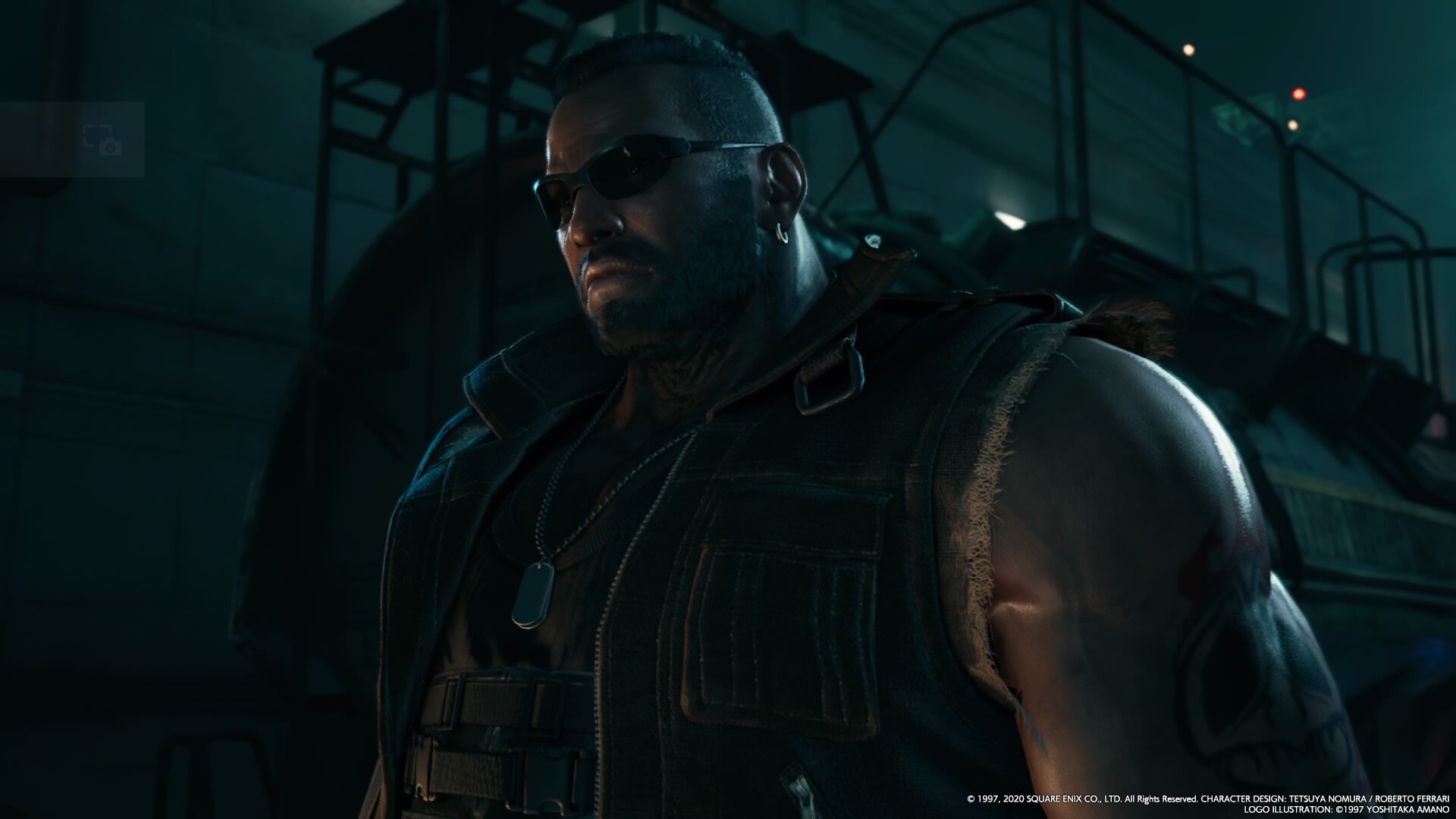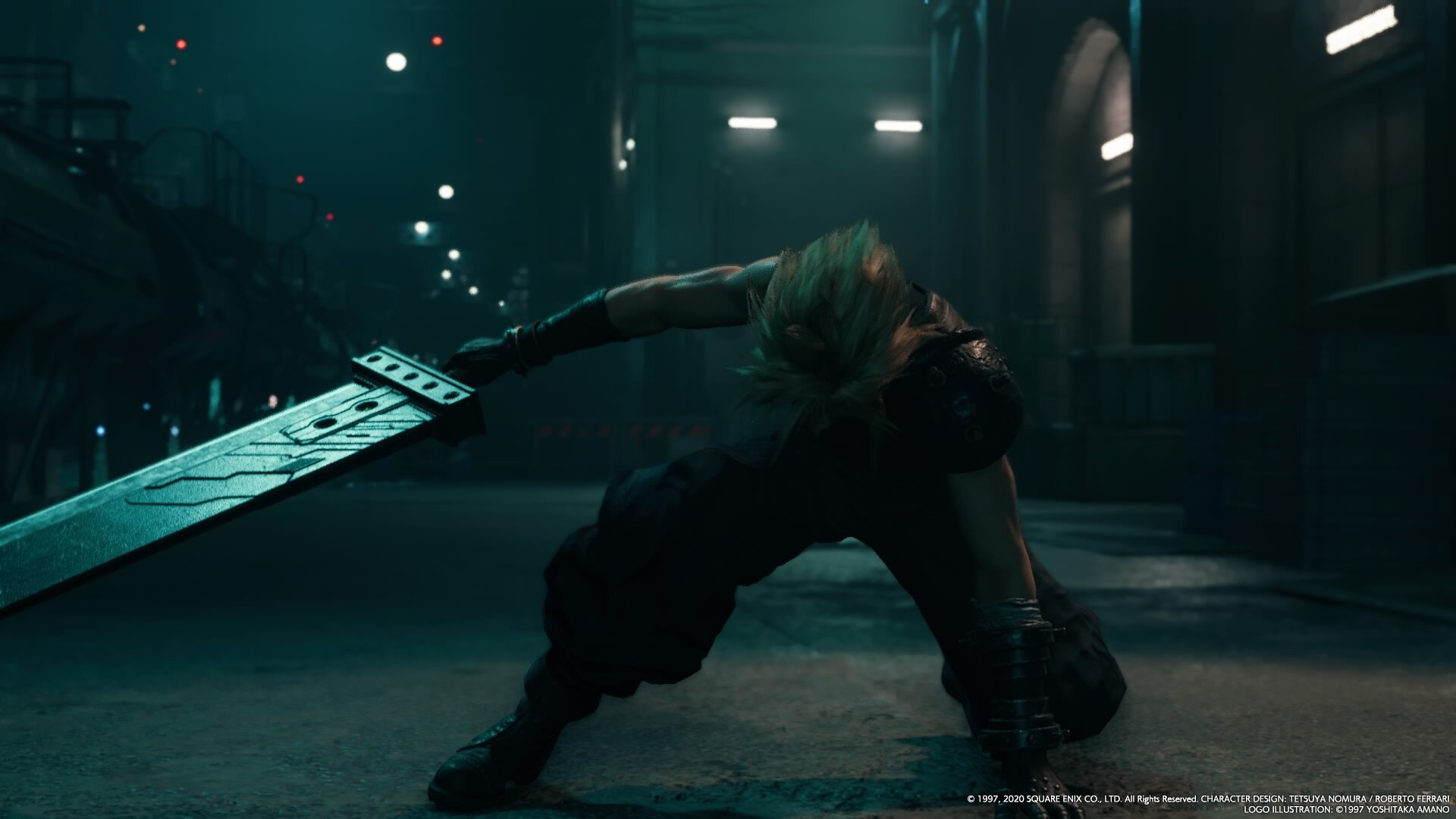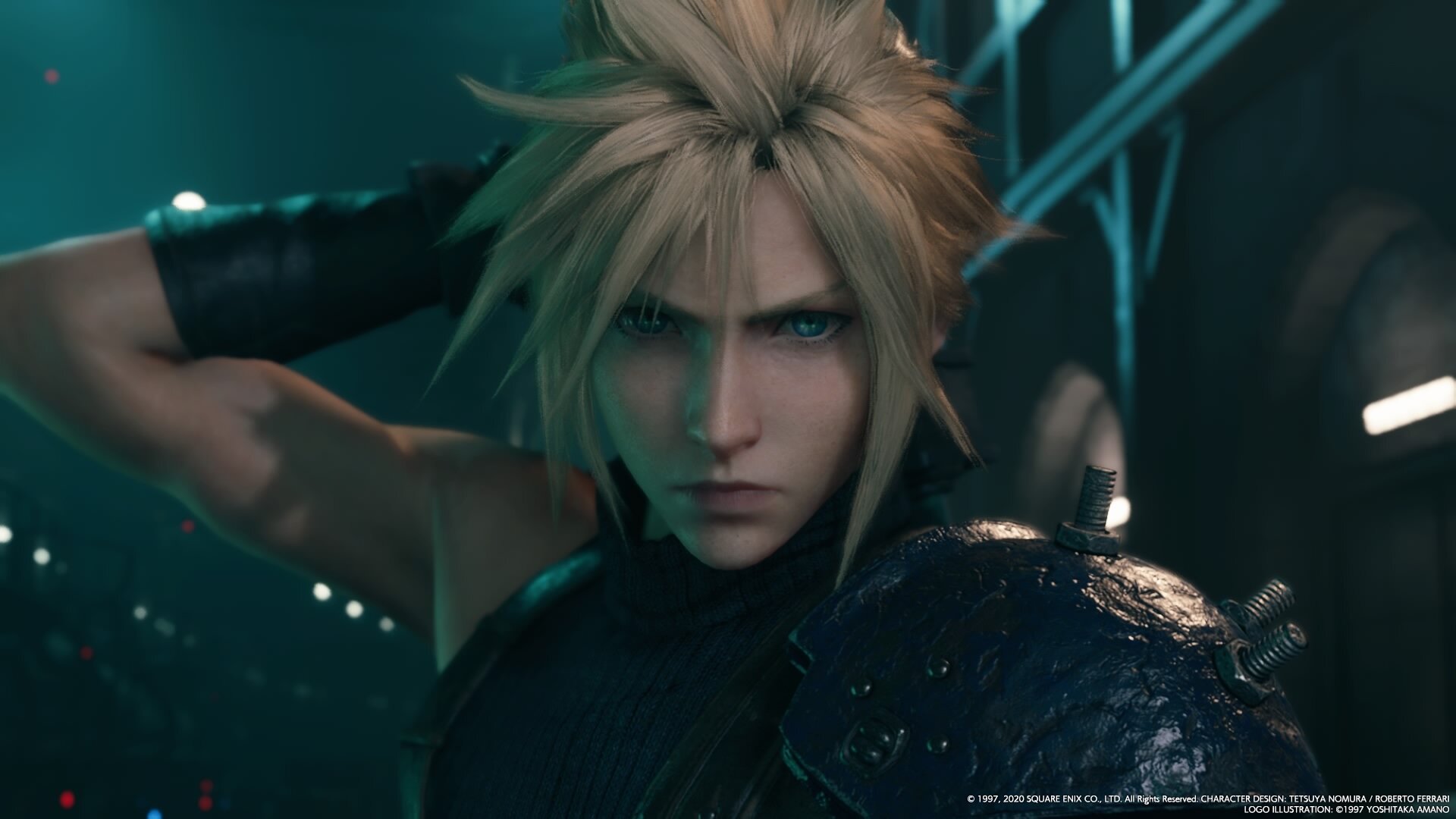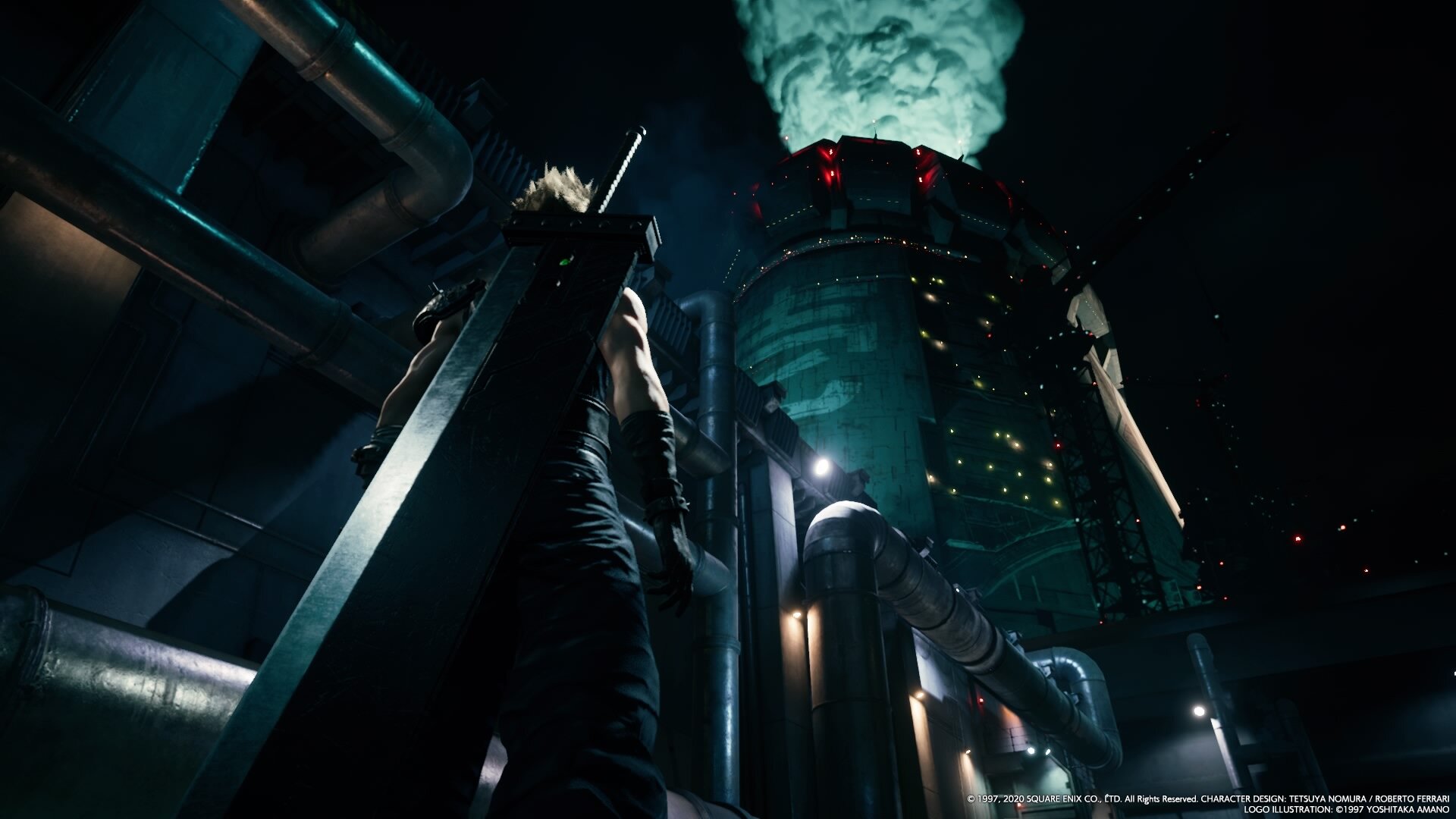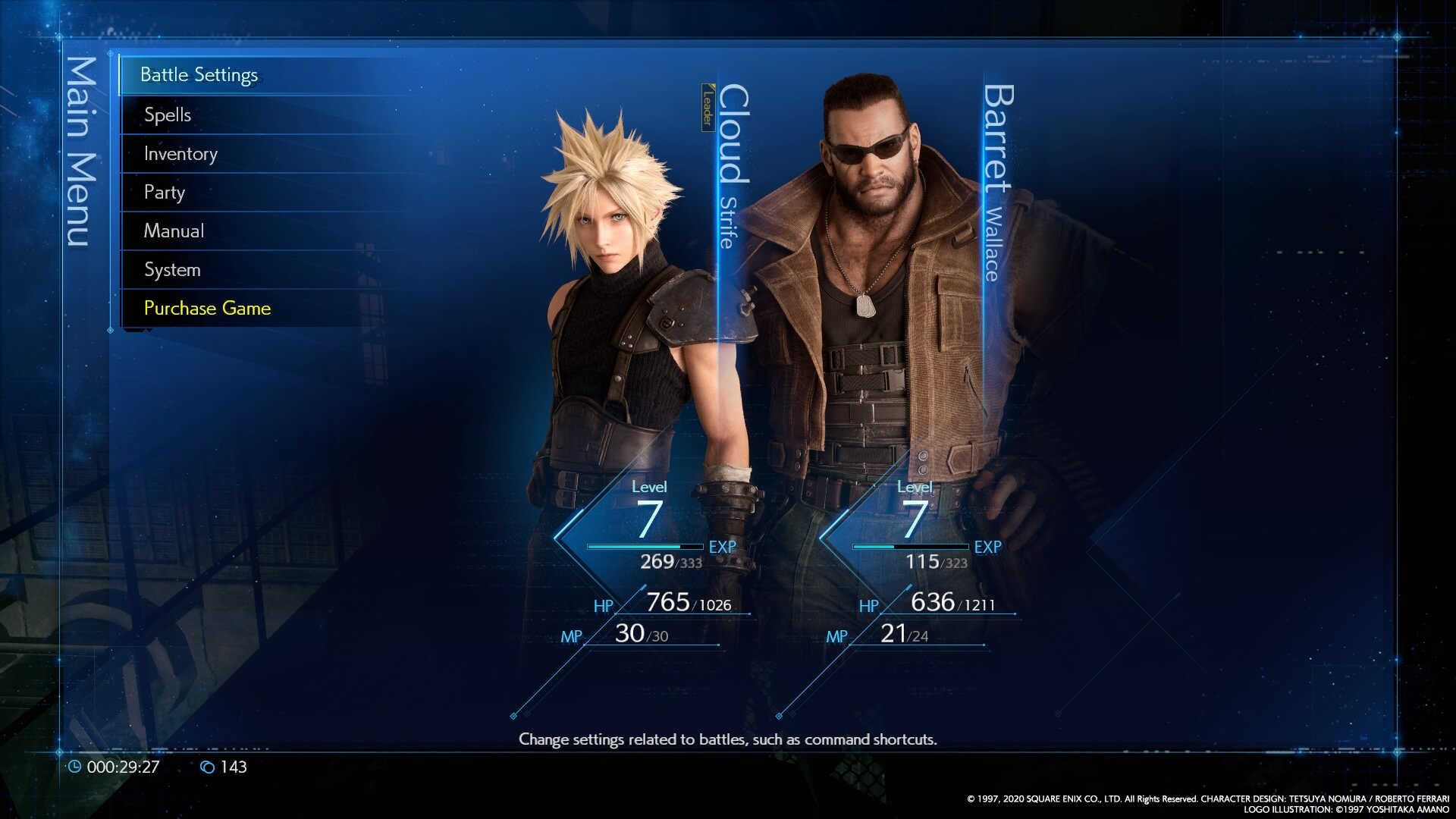Final Fantasy VII Remake: More than Nostalgia
/Twenty-three years ago, I got home excitedly from school, ran into my bedroom, flung my heavy backpack on the floor, and booted up my Playstation to play Squaresoft’s Final Fantasy VII for the first time. I remember the awkward but charming expressiveness of the stubby polygonal characters, the mind-blowing cinematics, the great cast, and the fantastic combat. I would obsess over and return to this game for years to come, devouring every detail of its story, secrets, splendor. A month ago, I got home from work, slipped out of my not-so-heavy backpack (still love ‘em), and sat down to play the full Final Fantasy VII Remake, a sense of cautious excitement building in me in much the same way as when I was a kid. I’m happy to say, about 50 hours of gameplay later, that I’ve walked away from the reimagining of one of my favorite childhood experiences impressed, satisfied, and a little surprised. I wasn’t a fan of the most recent Final Fantasy XV, and expected FFVIIR to be similarly action-focused and shallow. I quickly learned I couldn’t have been more wrong.
FFVII Remake builds upon its predecessor rather than using it as simple source material. Everything I loved about the original is here with gameplay elements that improve the formula rather than dilute it. This isn’t a lazy re-hash leaning on reputation or a cash-grab based on branding alone. FFVIIR is a lovingly crafted experience, an ode to fans complete with, for better and worse, the depth and quirks of the original.
You’ll spend most of your time fighting a plethora of enemies, which is great because combat is fun and challenging. The traditional turn-based RPG gameplay is replaced with a more action-oriented approach, but don’t mistake that for simplicity. Players have up to three characters in their party at a time and switch direct control between them at will. Each character has basic attacks, blocks, and dodges, and a unique attack command. Cloud can switch to a high damage-dealing mode with counterattacks, Barret can launch a devastating attack that charges over time, Tifa can unleash powerful combos, and Aerith can charge up a powerful blast. As characters attack, each has two gauges that fill, enabling players to input magic, ability, and item commands. Favorites can be assigned to shortcuts to keep the action going, or players access the command menu at the press of a button to peruse everything available while time slows to a crawl. These gauges act as a limited resource, so choosing the right commands at the right time are paramount. Furthermore, spells cost magic points, or MP, another limited resource, so choosing to cast more powerful spells, or casting spells too frequently, can quickly limit the party’s options. What results is a sensitive, but fun, balancing act. I quickly found myself switching between characters often to harness their strengths and issuing multiple commands at a time. I rarely used the shortcuts because I found the slowdown while accessing the command menu so useful for reassessing the battlefield. Overall, I was pleasantly surprised by the fluidity and control in combat.
It’s a good thing the system is fun to master because enemies are not run-of-the-mill static pushovers. Enemies have varied weaknesses like specific elements or attack types or real-time windows of opportunity. Taking advantage of these weaknesses or attacking an enemy enough pushes them into a staggered state, multiplying all damage they receive. Many have attacks that interrupt spells and abilities or otherwise incapacitate the party, so timing is everything. Bosses mix up the action with creative behaviors and patterns, sometimes controlling whole swaths of the battlefield until staggered. In short, enemy makeup demands more than just spamming basic or high-damage attacks; tactics, strategy, and positioning are keys to success.
The game’s equipment and materia system enable abilities and spells. One of my major fears was that Square-Enix would sacrifice the original game’s amazing materia and equipment for ease and simplicity, but instead we find a robust and flexible system. Materia, orbs imbued with power, is still slotted into weapons and armor, giving the character access to spells, abilities, summons, and other effects. Any character can use any materia, inviting players to experiment. Materia levels up over time, granting access to more powerful--and more expensive--spells or enhanced effects, so choosing what materia to use is also a long-term goal. In the original game, magic materia usually came with a stat cost, diminishing physical stats while strengthening magical stats. This time around, materia only increases specific stats, so there are no drawbacks to loading anyone with a bunch of magic. I thought a change like that would disappoint me, but with so much else to balance in the game, I didn’t find this to be a loss.
New to FFVIIR, characters learn unique abilities from their weapons, outlining certain roles players can take advantage of if they want. Barret, for instance, can take damage in place of the rest of the party, making him ideal for any gear or materia that buff him into a tank. It’s an obvious choice, but not the only one. Each character has enough weapons with wildly different stats and there’s enough armor and accessories for some serious flexibility in build. Tack onto that a leveling system for each individual weapon enabling other stat bonuses or traits, and one player's party can differ vastly from another’s. Some of my favorite sections of gameplay force the use of specific characters, challenging me to reassess my setup for a more effective strategy. Even if certain characters are unavailable to use, their gear and materia are still accessible, ensuring players are never stuck with a bum load out. No choice feels unimportant or frivolous, and making changes on the fly is easy and encouraged.
The story itself remains intact with all the important beats we expect and with some we don’t. FFVIIR only covers the beginning of the original game, converting a mere handful of hours into a full fifty-hour long adventure. This meant the developers could explore the characters and locations in more depth, but there’s a ton of character development we don’t experience because it takes place later in the story. The benefit is we get a deeper sense of culture and lifestyle in Midgar and a more thorough understanding of many characters’ motivations. The downside is that since this is only act one, there’s much that hasn’t been explored by the time the credits roll, and if I didn’t already know the narrative like the back of my hand, I might’ve even been confused. An over-the-top ending adds some unnecessary and somewhat confusing foreshadowing while introducing some heady themes around the main antagonist that just aren’t explored enough. It didn’t ruin the experience, but the steady and enjoyable train jumps the rails a bit, and I felt the events didn’t benefit the game or the narrative much. I enjoyed most of FFVIIR’s differences in storytelling from the original, and I can’t wait for the next release to continue the adventure.
Aside from the main story, certain chapters feature side missions and combat challenges. Neither take up too much time, and their rewards are substantial, making them worthwhile for that merit alone. Sidequests often give a glimpse into the lives of the downtrodden, giving a bit more depth to the city, while combat challenges are fun and offer some of the most challenging scenarios. They are also both easily skippable for anyone that would rather power through the main storyline, though that player would miss out on some powerful assets. In the end, I enjoyed them as quick diversions at the least and tough tests of skill and knowledge at their best.
Gripes I have are mostly minor. Some facial animations on NPCs don’t match up to their script, resulting in some silly-, if not downright scary-looking lip-stretching and air-chewing, which is a bit shameful for a game of this caliber. The rest of the game is so damn gorgeous, it feels odd that some facial animations were overlooked. Lots of quirks typical of Final Fantasy remain, like mini-games (mostly fun), errand-running (go talk to folks), and strange NPCs that some may find awkward and unnecessary (random hand massage? Sure, what the hell). These are usually all in fun, giving the game some charm, but sometimes I felt the pace of the experience ground to a slog, or that the mood would swing wildly from grim seriousness to outlandish tomfoolery much too quickly. This is nothing new to the Final Fantasy namesake, so take it as you will.
Regardless, this was a fantastic game, and any fan of the core material will most likely enjoy it. If nostalgia is all you’re lining up for, there’s that in droves, and the euphoric power of the music, action, art, and narrative will be enough for any FFVII fan. Here, the past also meets excellent design, so anyone who’s unfamiliar with the original still has a great experience ahead of them, and most of the story will make perfect sense. All my fears assuaged, all my doubts proven wrong, FFVII Remake has found a permanent, loving place in my heart. It’s just a bummer we have to wait for the rest, but I’ll be here, even more excited for the next release.
Marmoset’s Brew: Remember the first drink you really enjoyed? Maybe that drink’s remained an old favorite, something you revisit that the first taste of illicits wholesome good feelings. Mine would be Disarrono or the Oatmeal Stout. That’s the drink FFVIIR is: reliable, delicious, and by the last drop you can’t help but want more.


